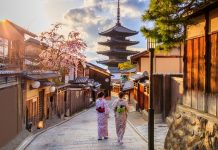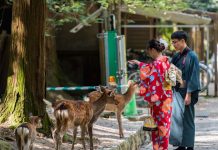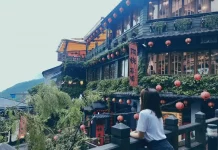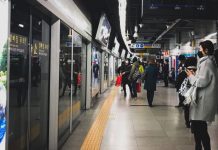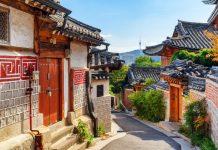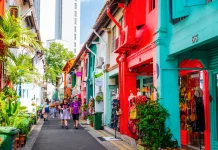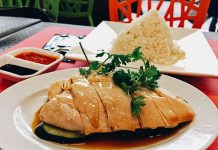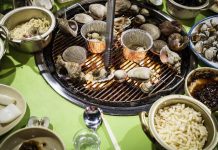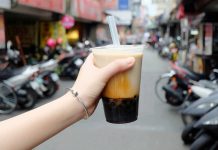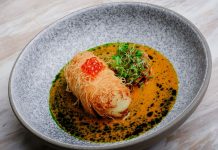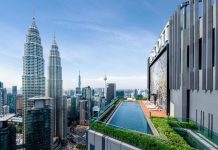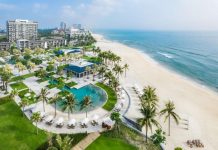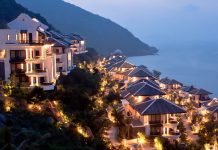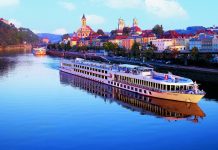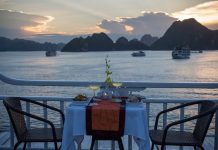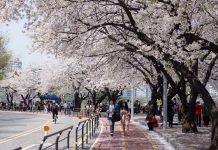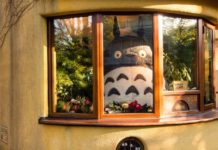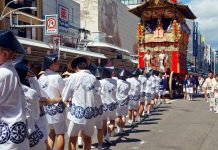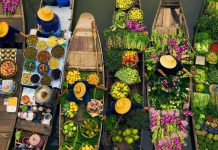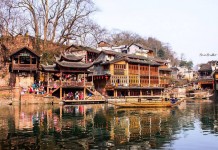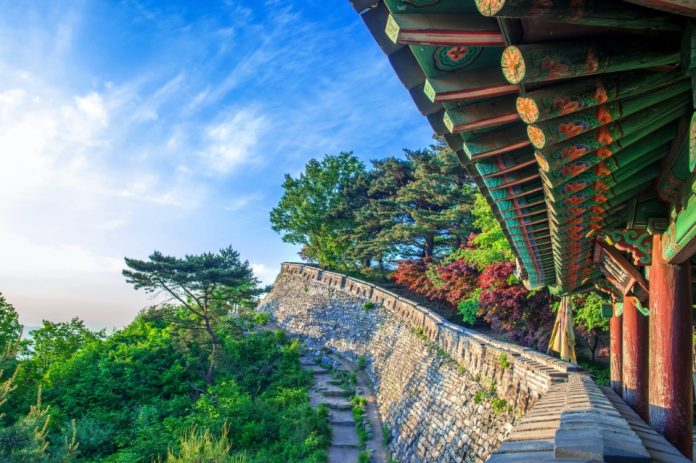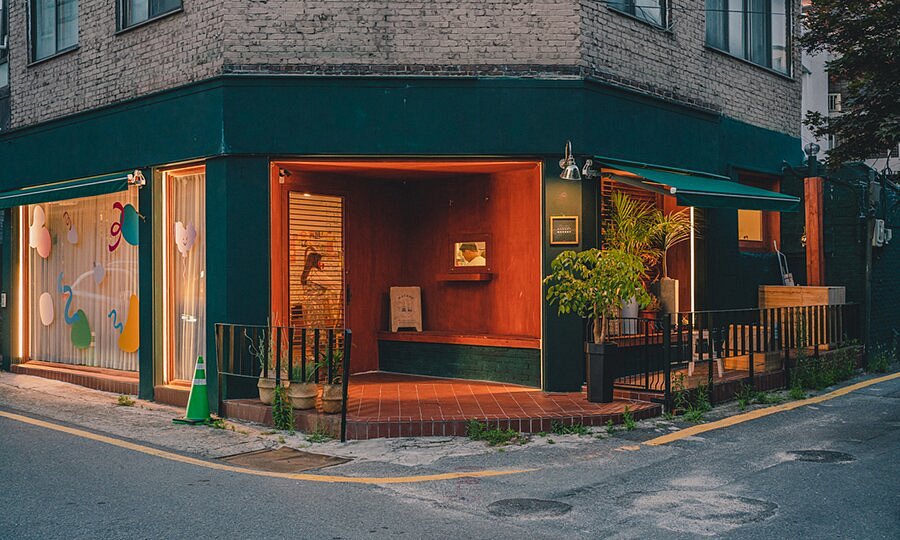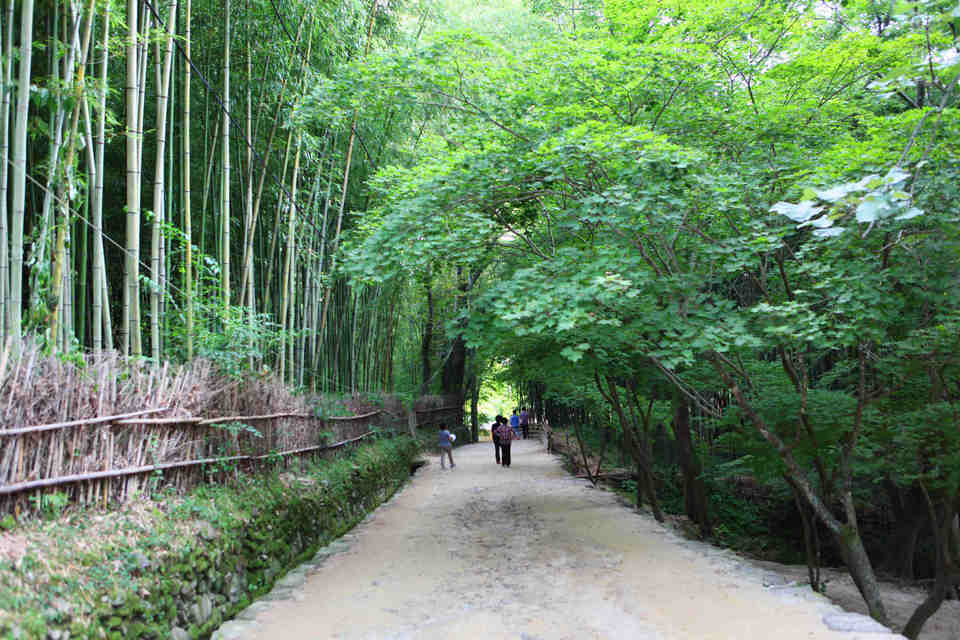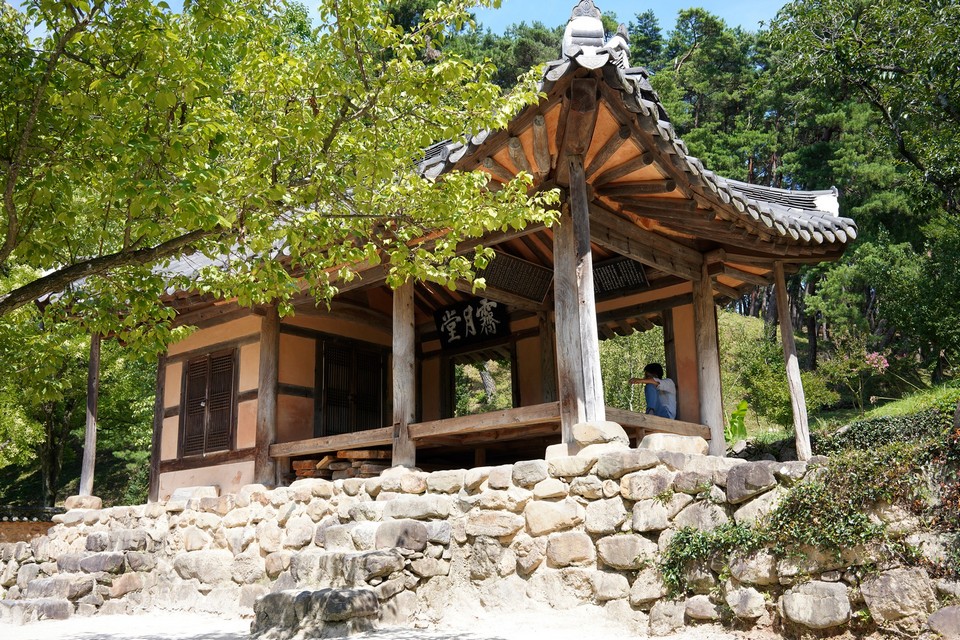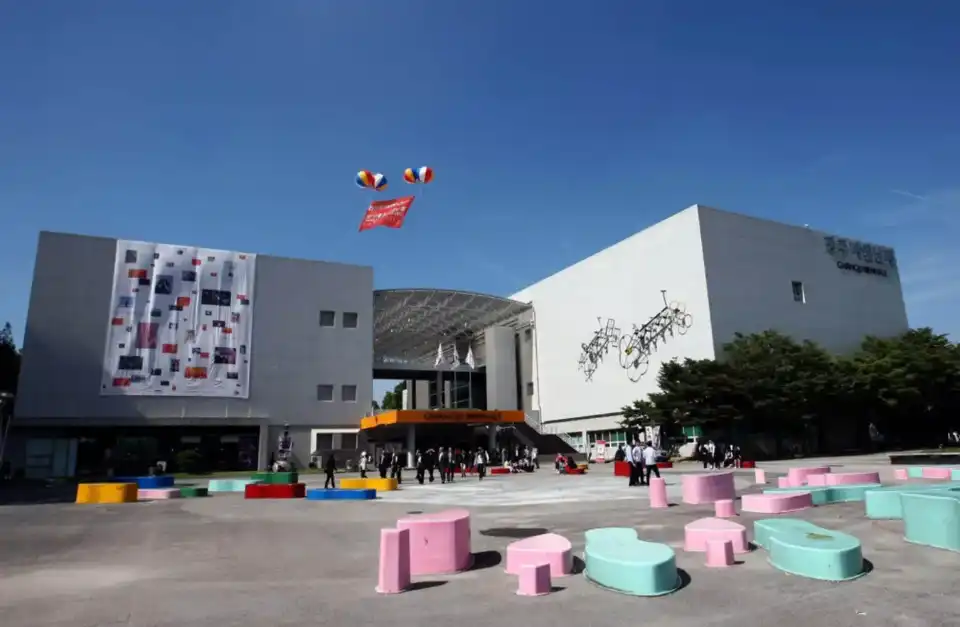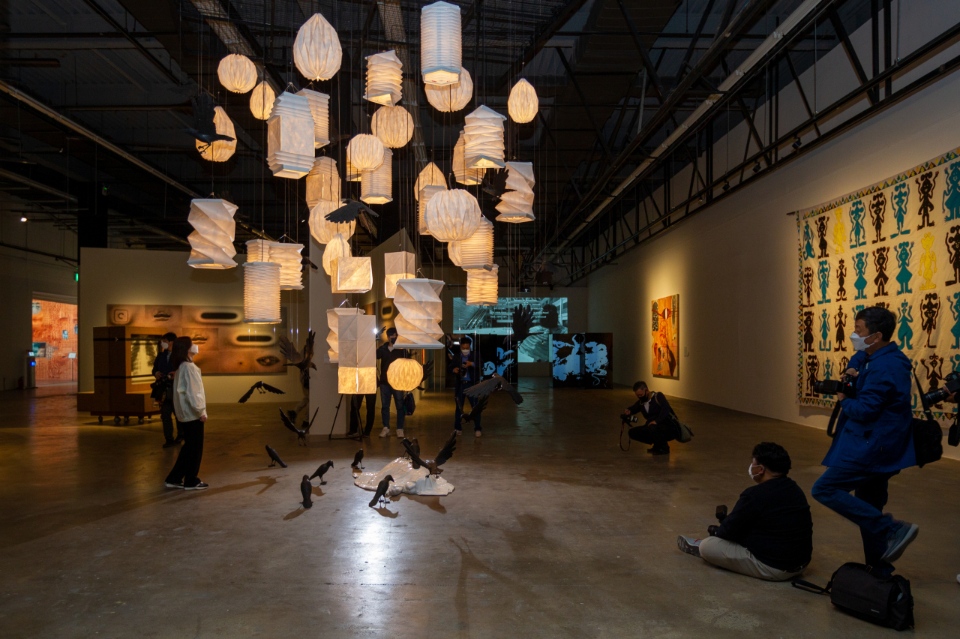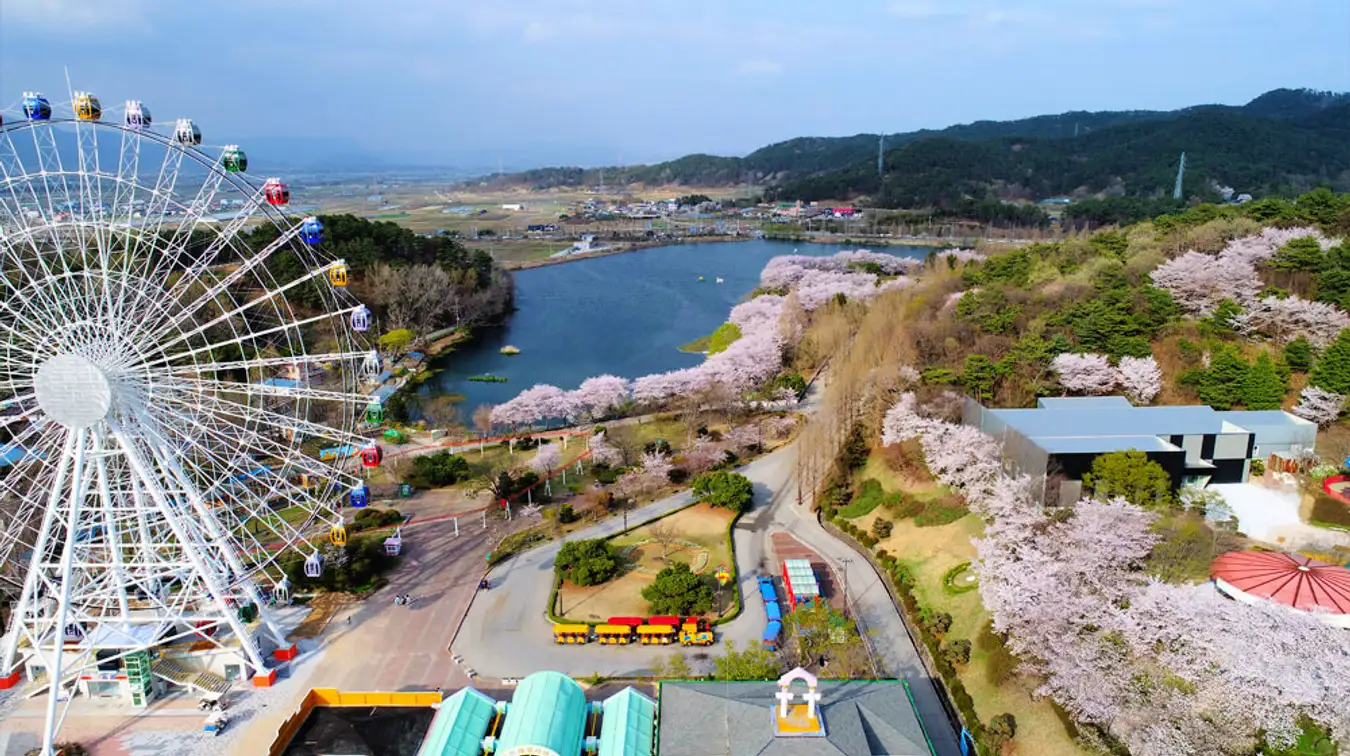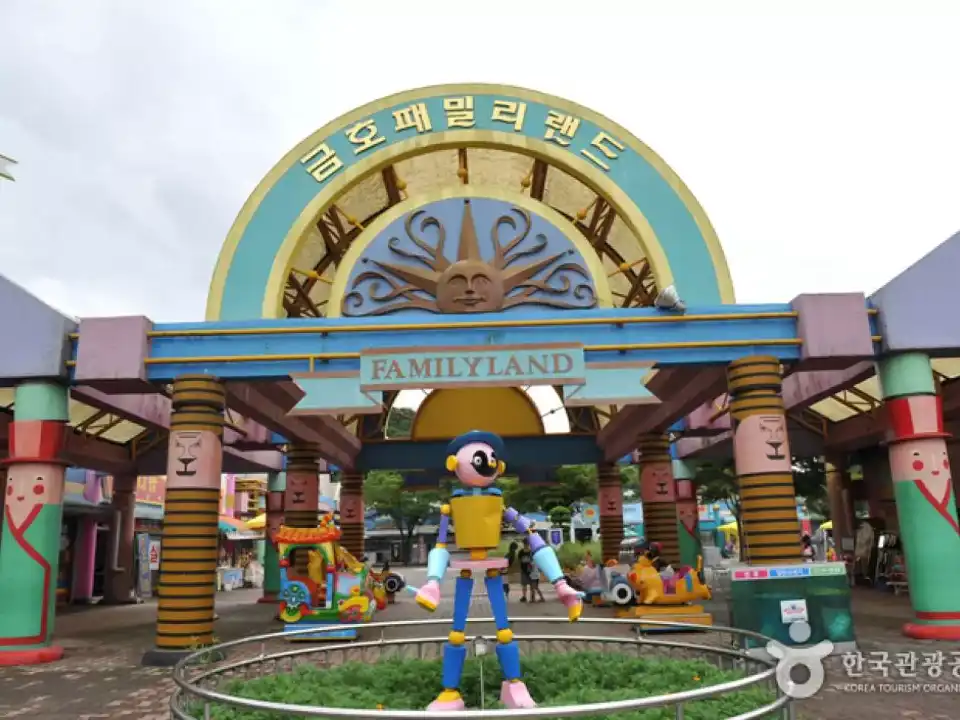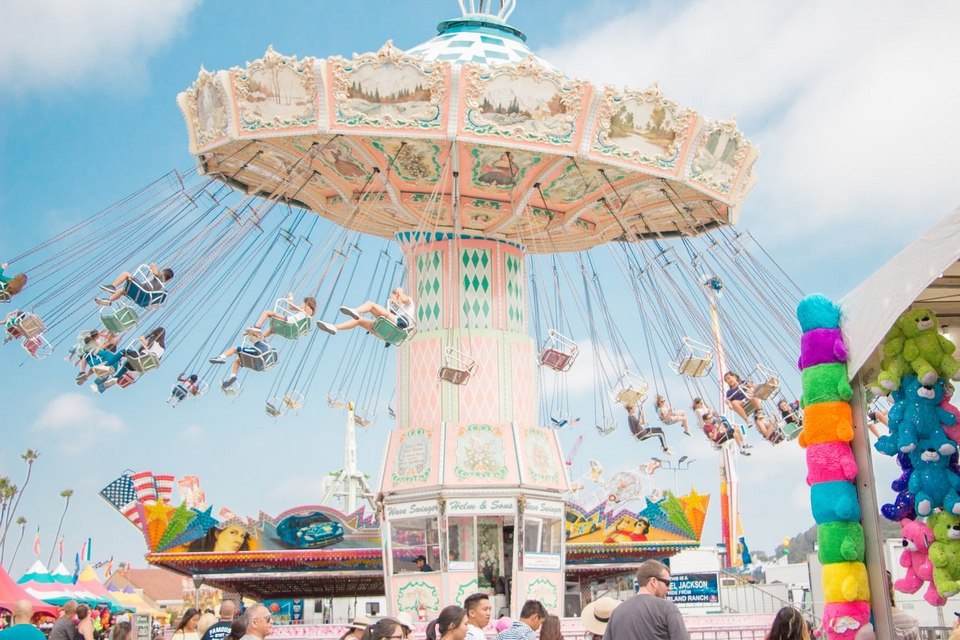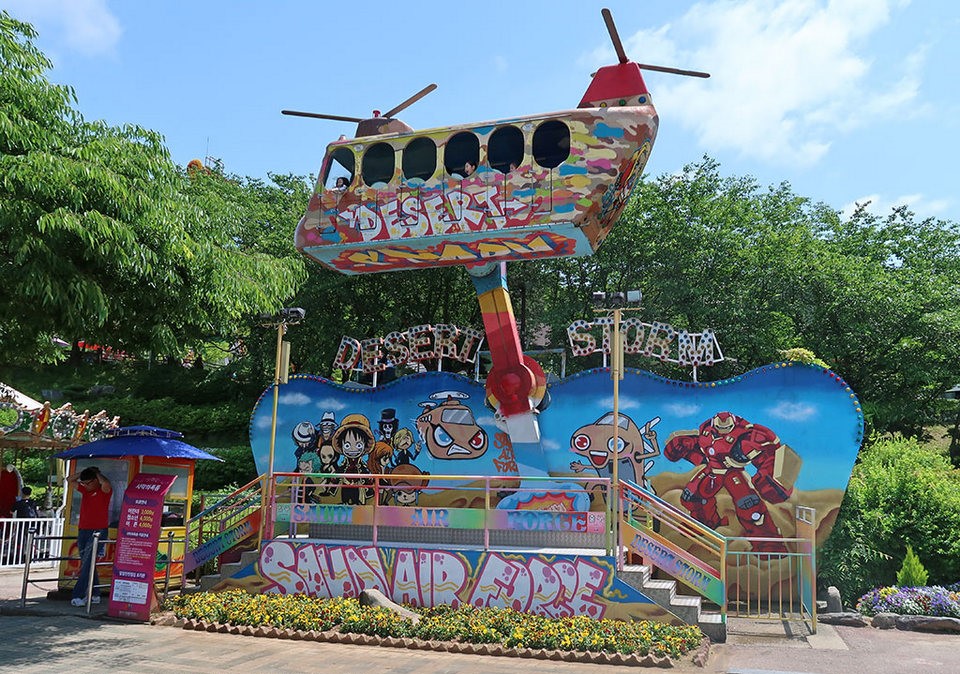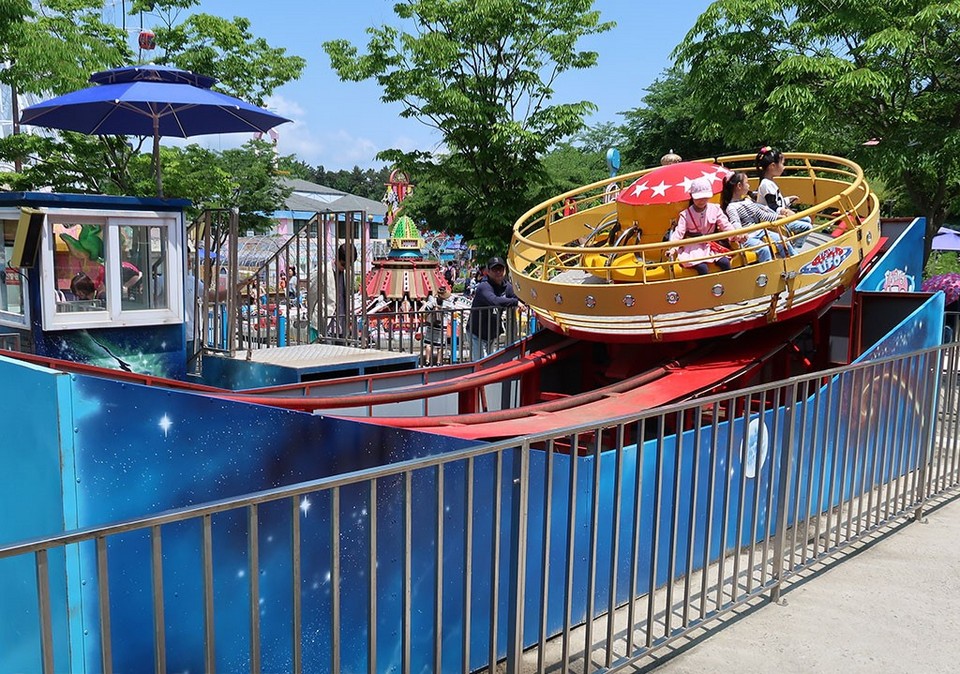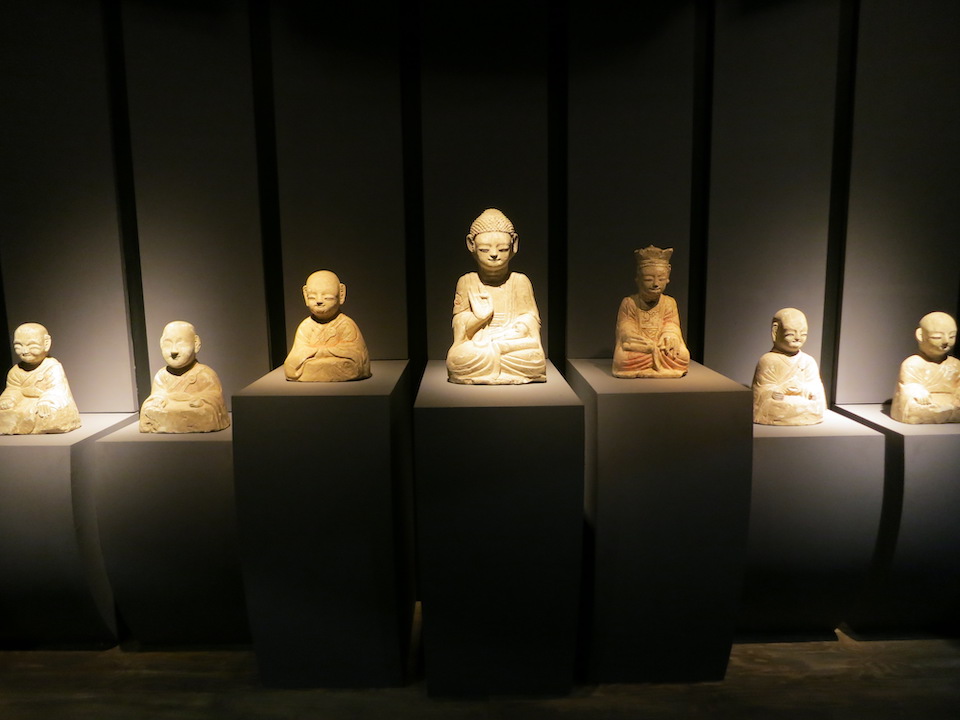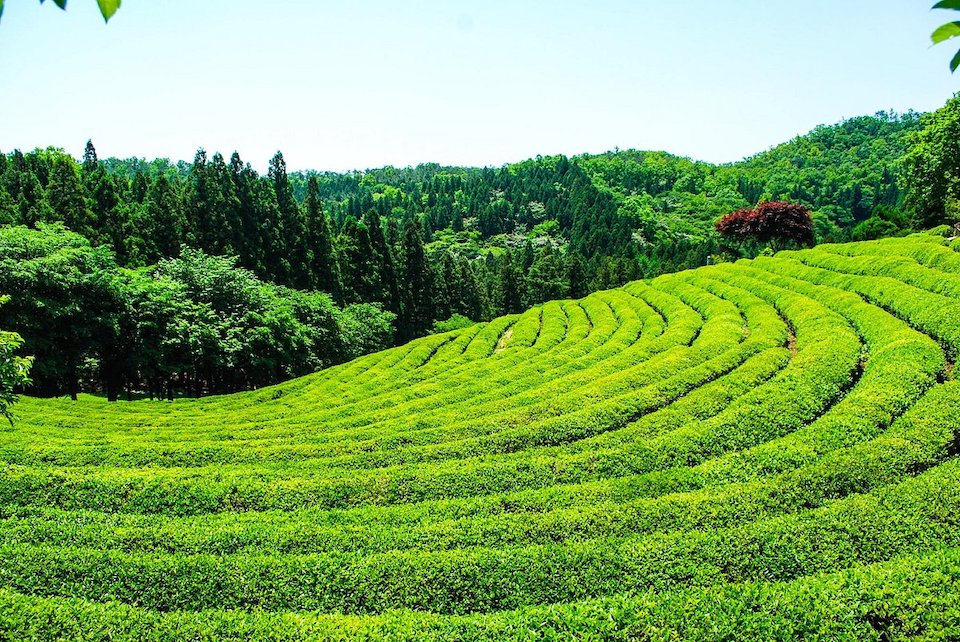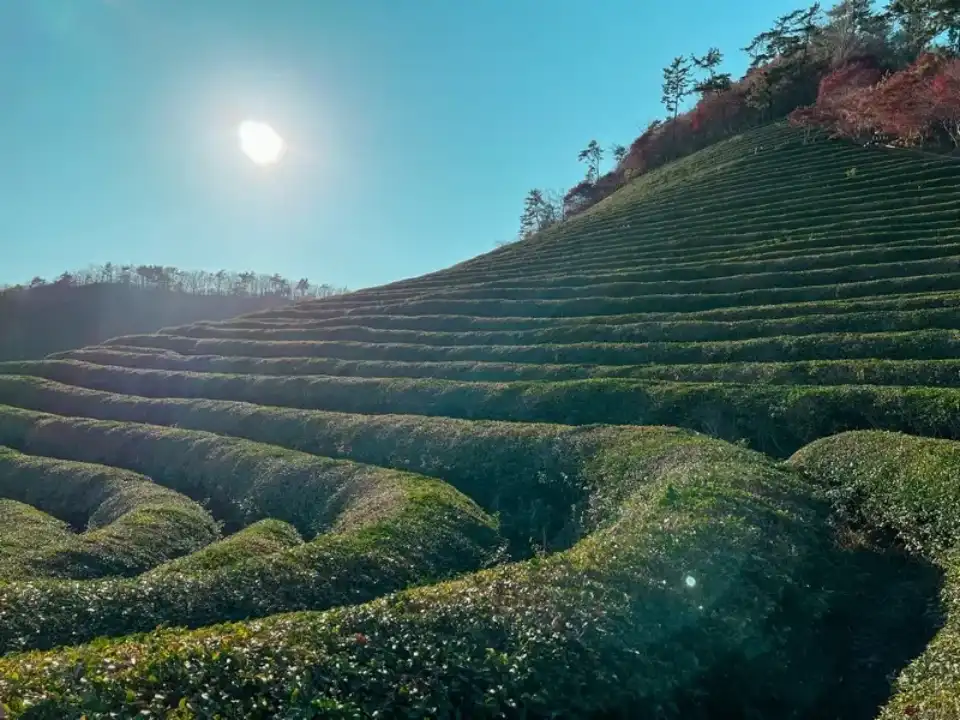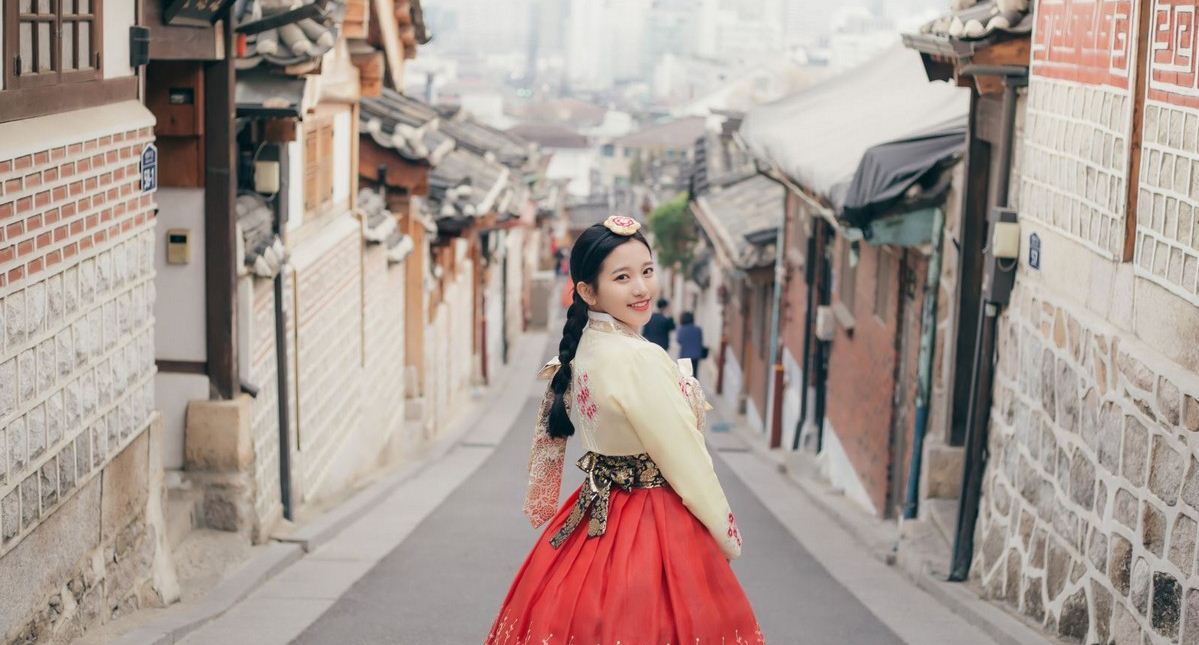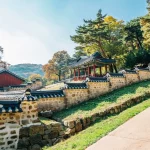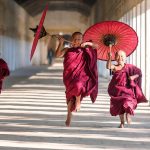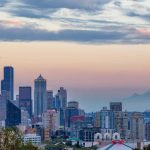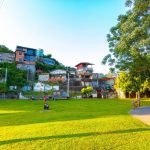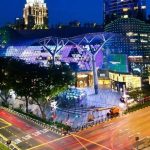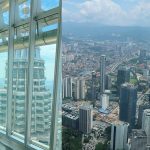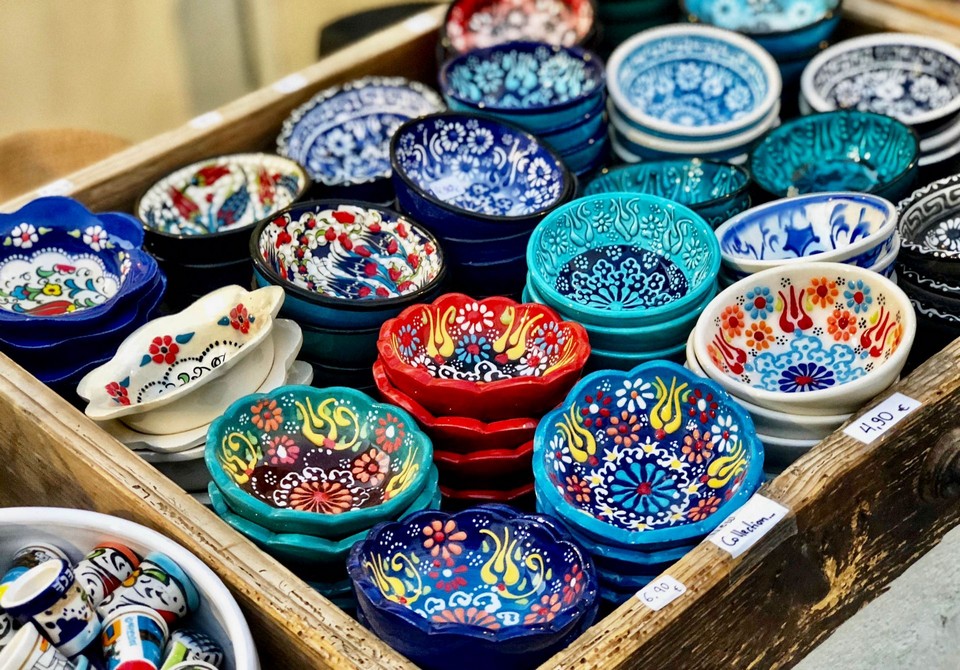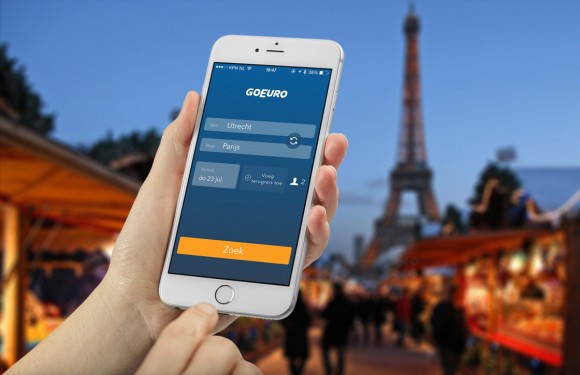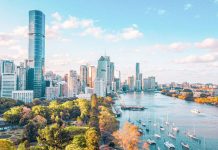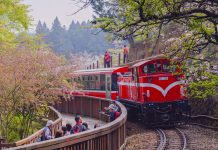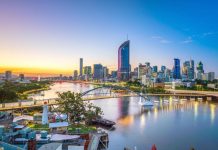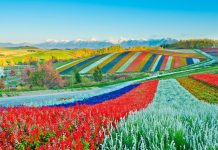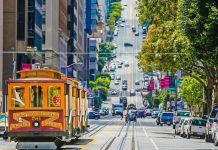Gwangju is the origin of traditional Korean culture. It is home to Korea’s long history and culture along the Han River, the lure of lakeside comfort, and an excellent vision for the future. If you love a peaceful atmosphere in South Korea, Gwangju is your best choice besides luxurious and busy cities such as Seoul, Busan, and Incheon. So, where to go in Gwangju? Let’s check out our suggested 12+ Gwangju places to visit as well as Gwangju attractions you must-visit and see on your next trip to the city of South Korea as follows!
- Gwangju travel blog — The fullest Gwangju travel guide for first-timers
- Royal palace Seoul — How to visit 5 grand palaces in Seoul?
- Seoul nightlife guide. 15+ where to go & best things to do in Seoul at night
- What to do in Seoul at night? — 17+ best places to go & top things to do in Seoul at night
- Busan blog. The ultimate guide to Busan for all kinds of travelers
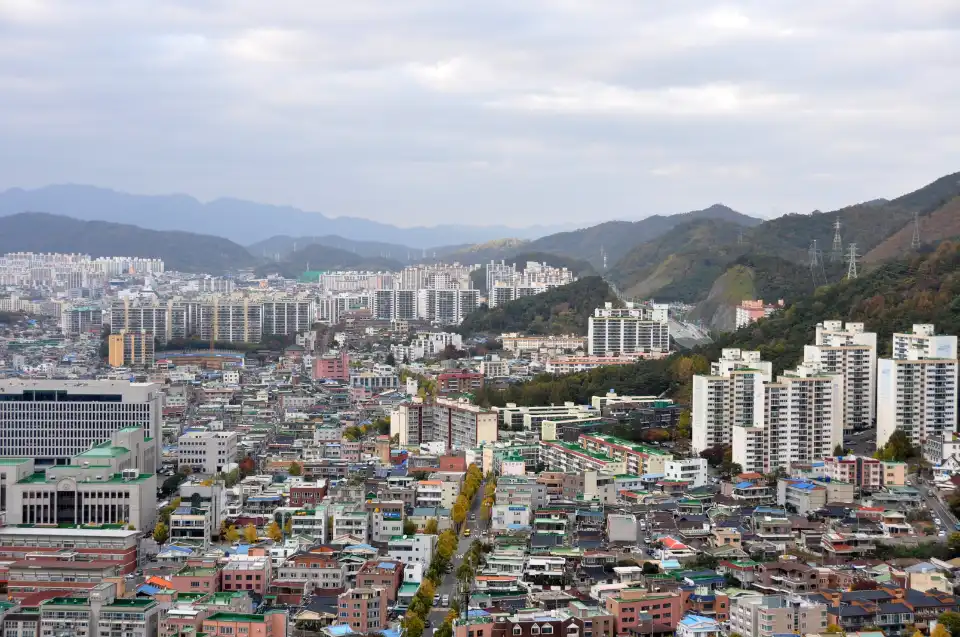
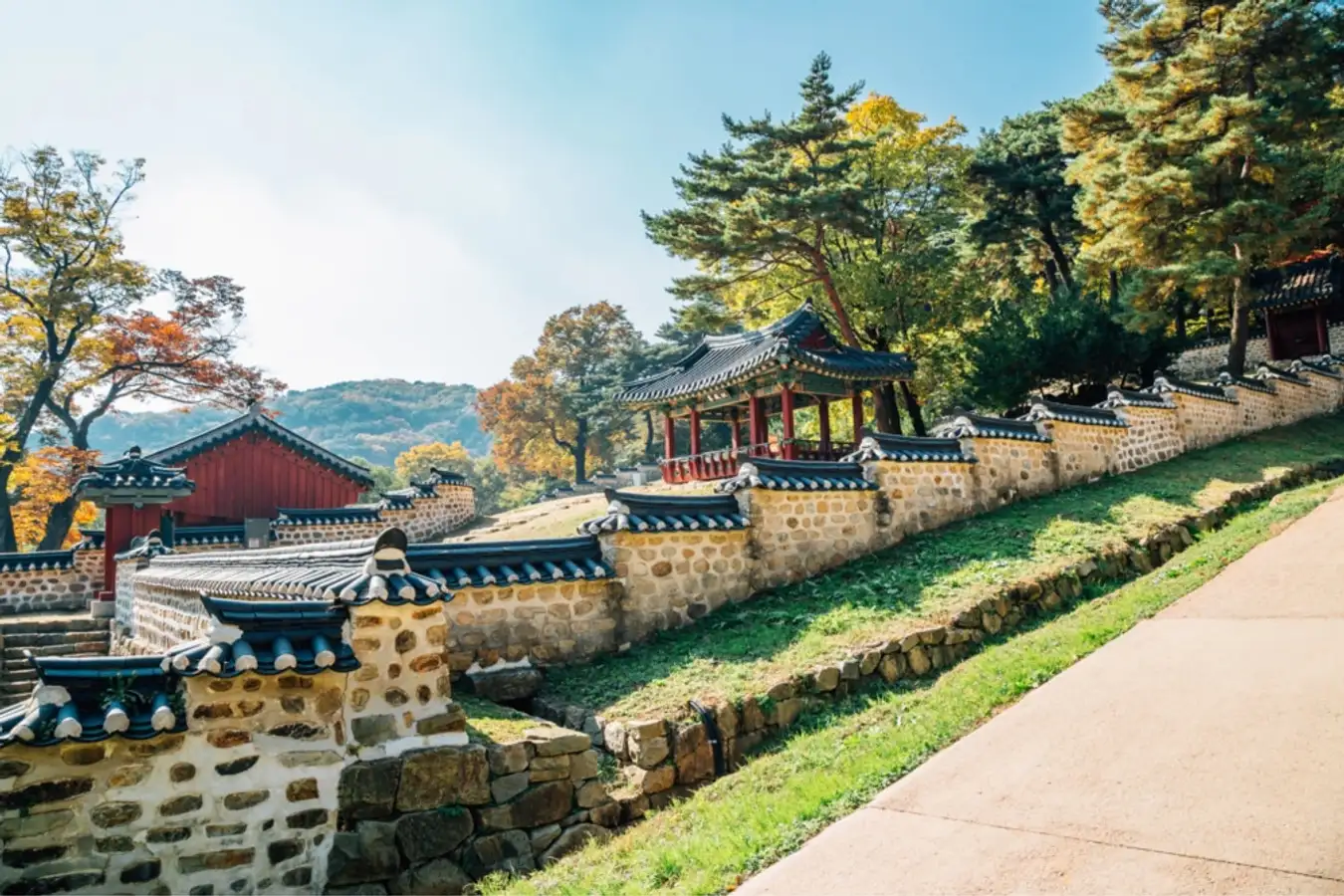
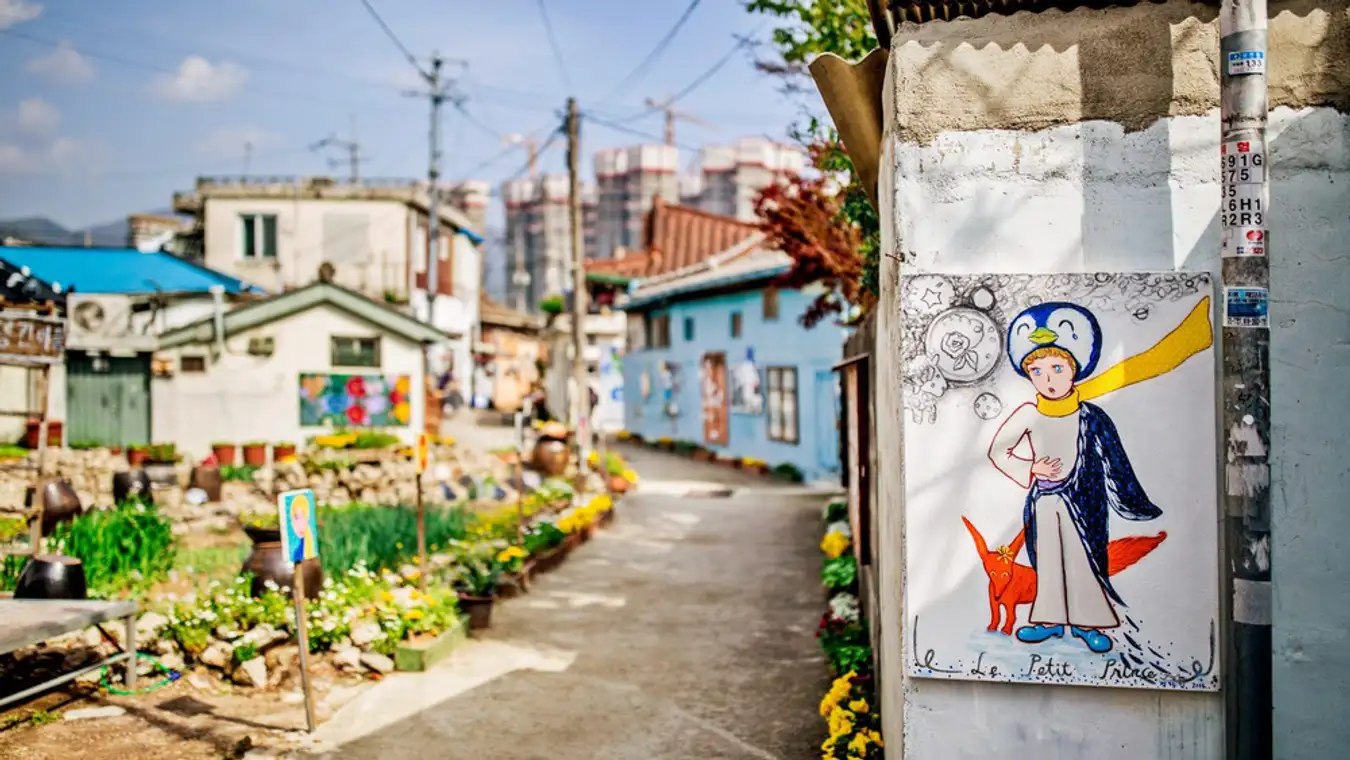
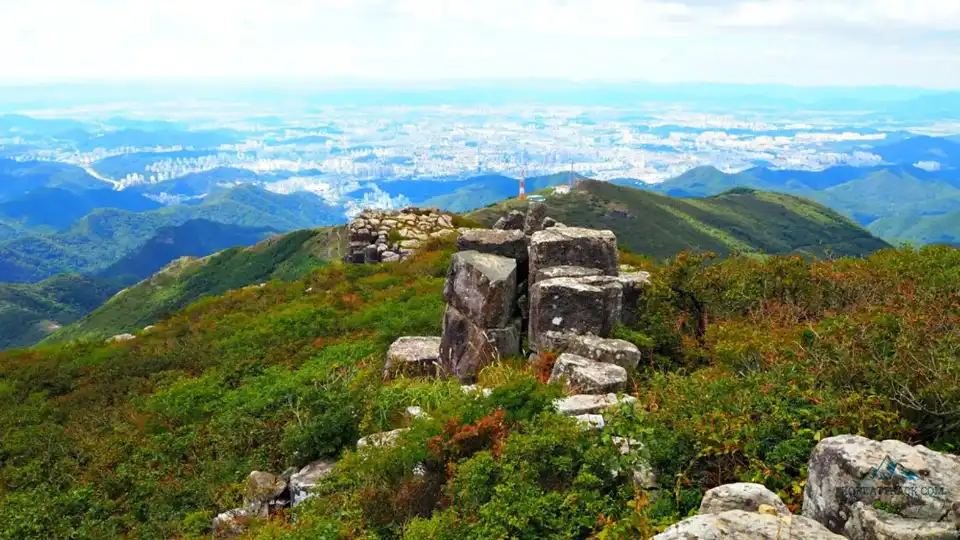
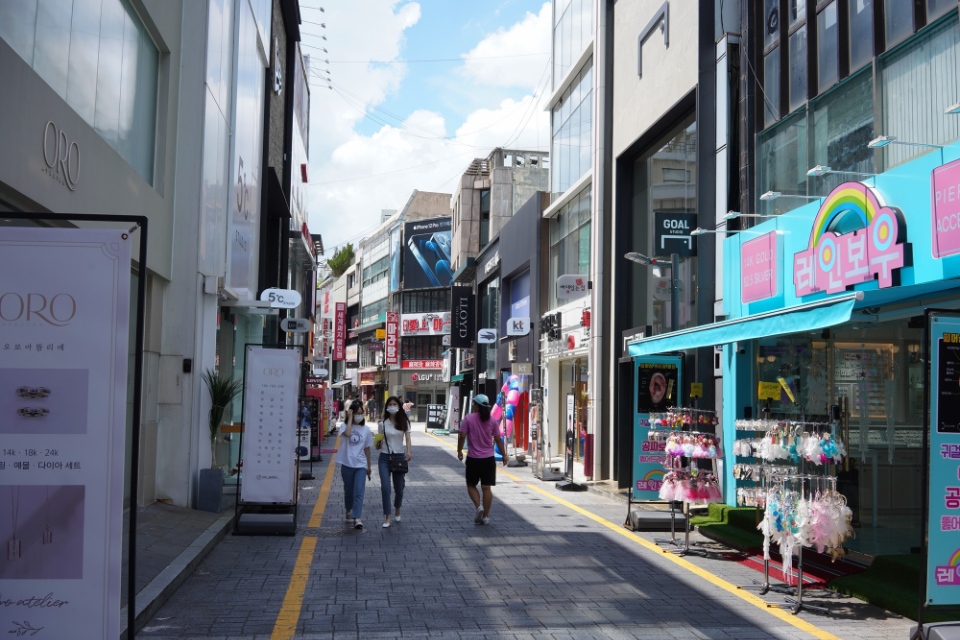
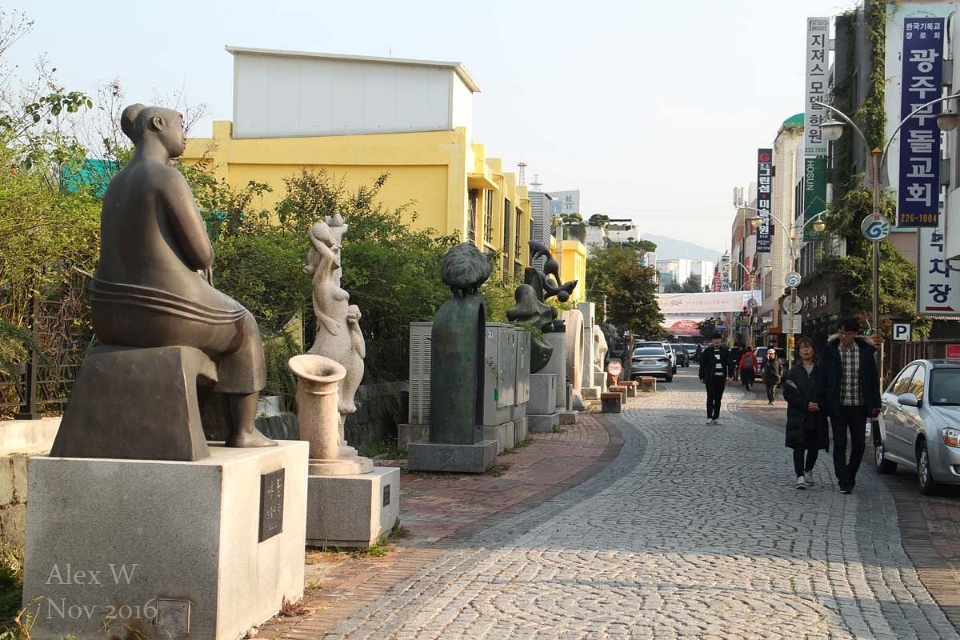
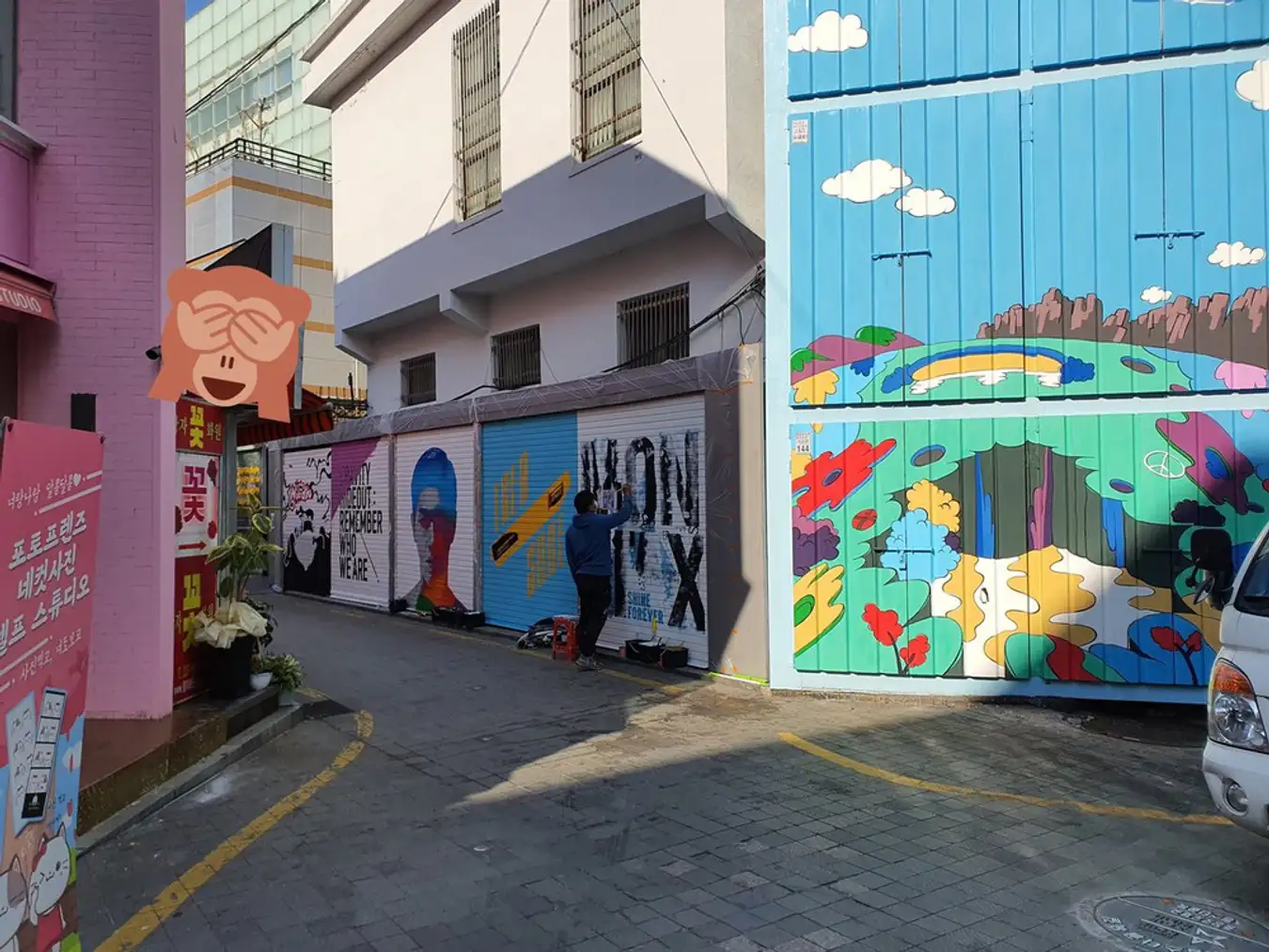
The city is home to many year-round photo exhibitions. Visit here, you will see the streets, houses, and fashion styles of indigenous people are bold in art. It has plenty of attractions to see. How to know where the attractions must go in Gwangju, let’s check out the best-mentioned places below!
Gwangju Museum of Art (#where to go in gwangju)
Address: 52 Haseo-Ro, Buk-Gu, Gwangju, South Korea
Phone: +82 62 613 7100
Hours: 10: 00 am to 6:00 pm, Mondays: closed ·
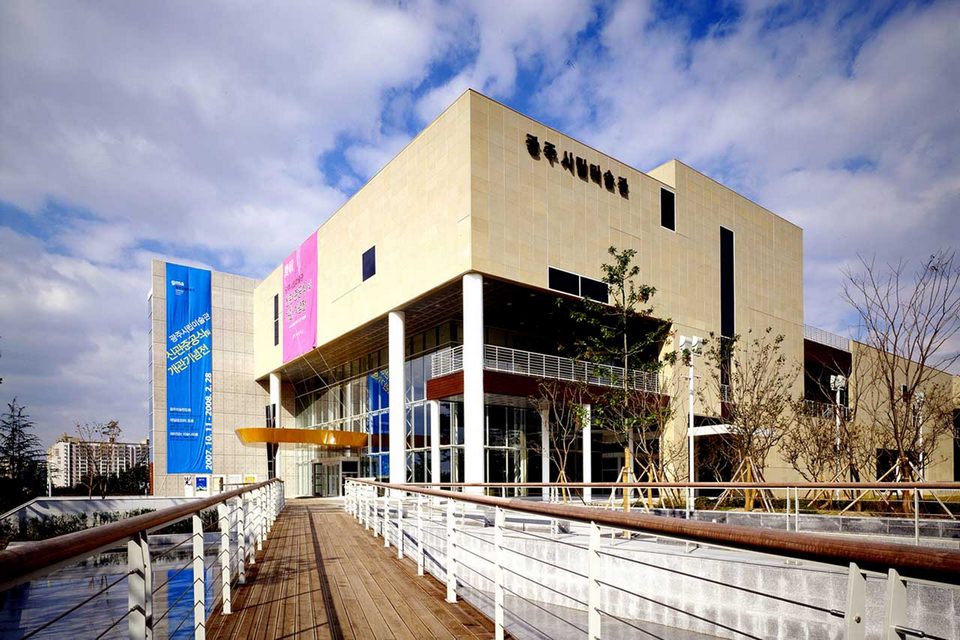
If you are a new visitor, it is essential to learn about the cultural history of the area. The Gwangju National Museum holds collections, including calligraphy, paintings, and artifacts dating back to the Joseon period. The museum has served visitors since 1978, and its architecture is inspired by traditional Korean styles.
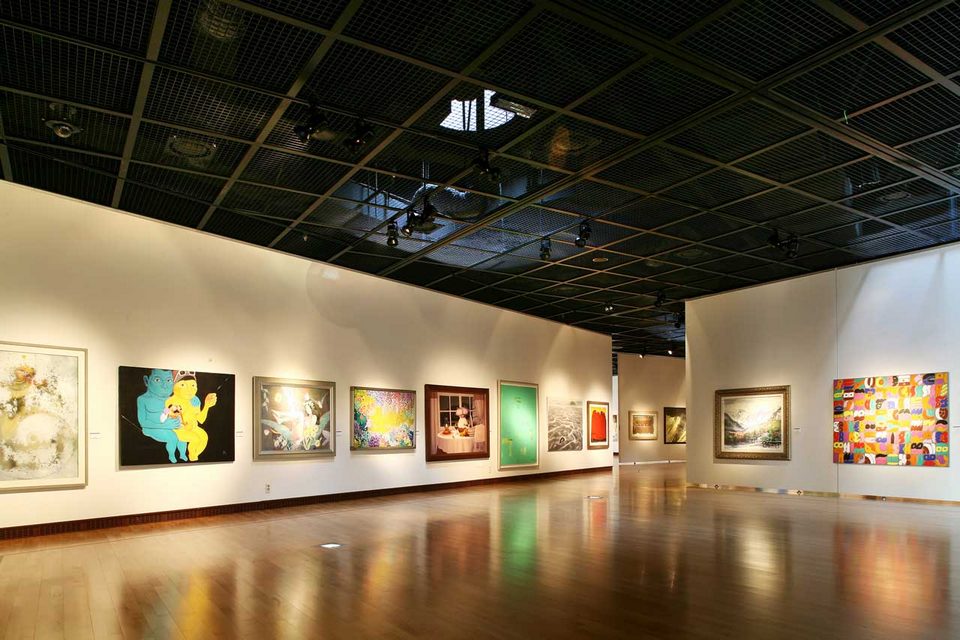
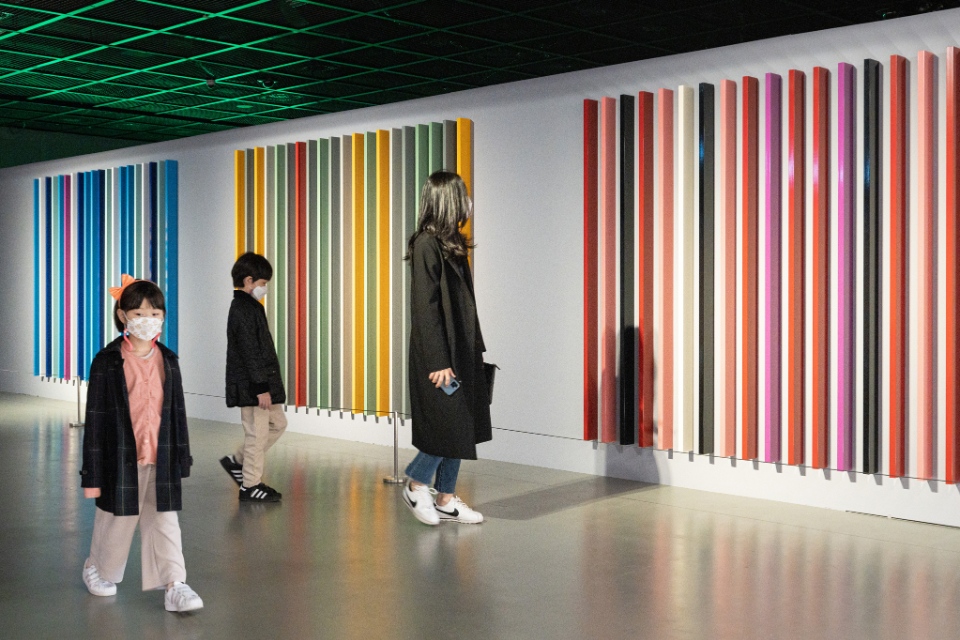
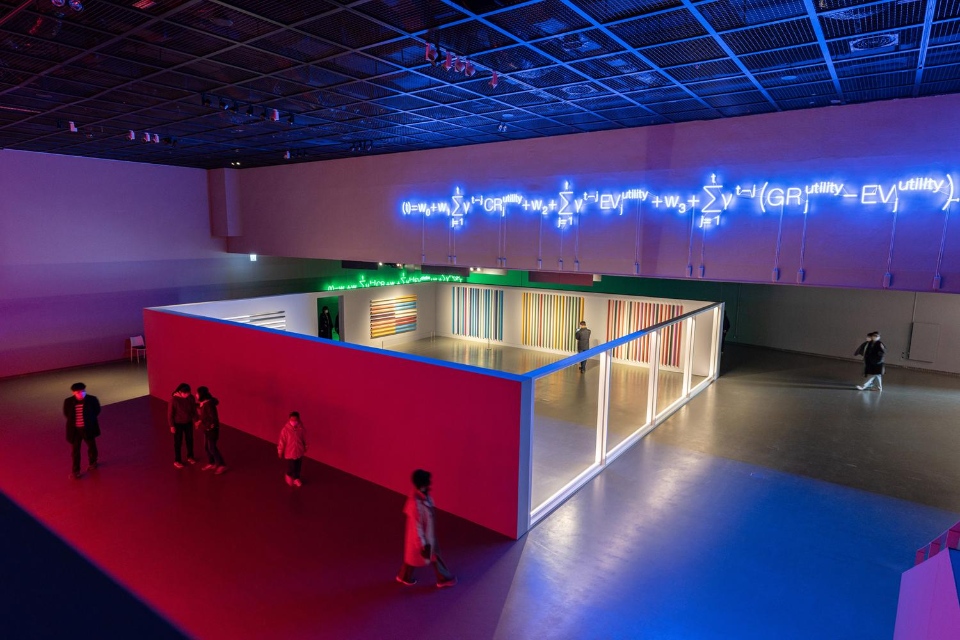
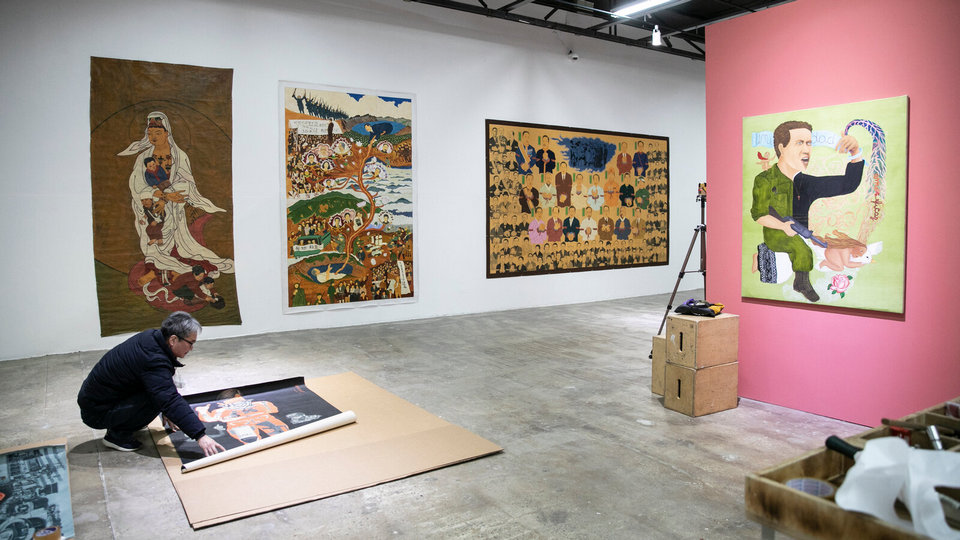
The Museum of Art is a very popular check-in place in Gwangju, and it also hosts the annual Biennale gallery. You will admire the paintings, photography, decorative arts, calligraphy, and illustrations by many talented international artists. Each work is described in English and Korean as captions to support your understanding of their origin. An extra art museum for children includes picture galleries and a hands-on creative space.
Asia Cultural Center (ACC) (#where to go in gwangju)
Address: 38 Munhwajeondang-Ro, Dong-Gu, Gwangju, South Korea
Phone: +82 1899 5566
Hours: 10: 00 am to 6:00 pm, Mondays: closed
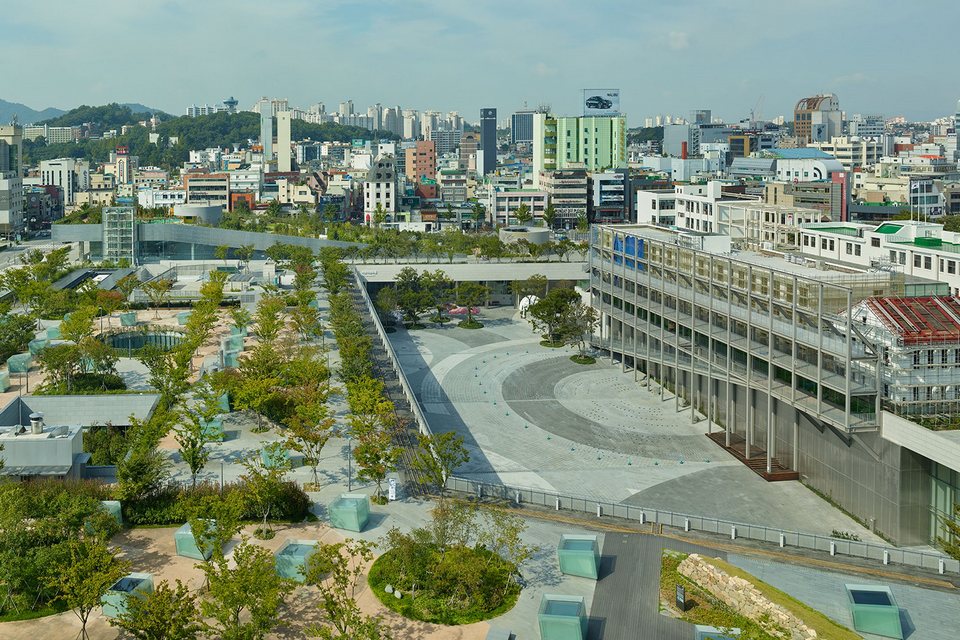
The Asia Cultural Center, also known as ACC, is a global cultural complex dedicated to the exchange, creation, education, and research of Asian cultures. As such, it pursues various international exchange and cooperation projects. This center consists of five linked buildings: ACC Children, ACC Culture Exchange, ACC Creation, ACC Archive & Research, and ACC Theater.
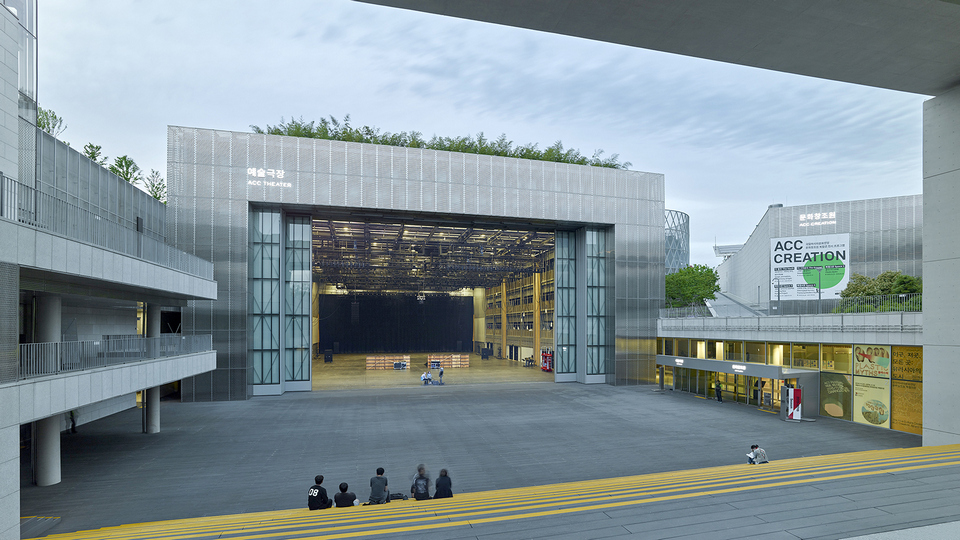
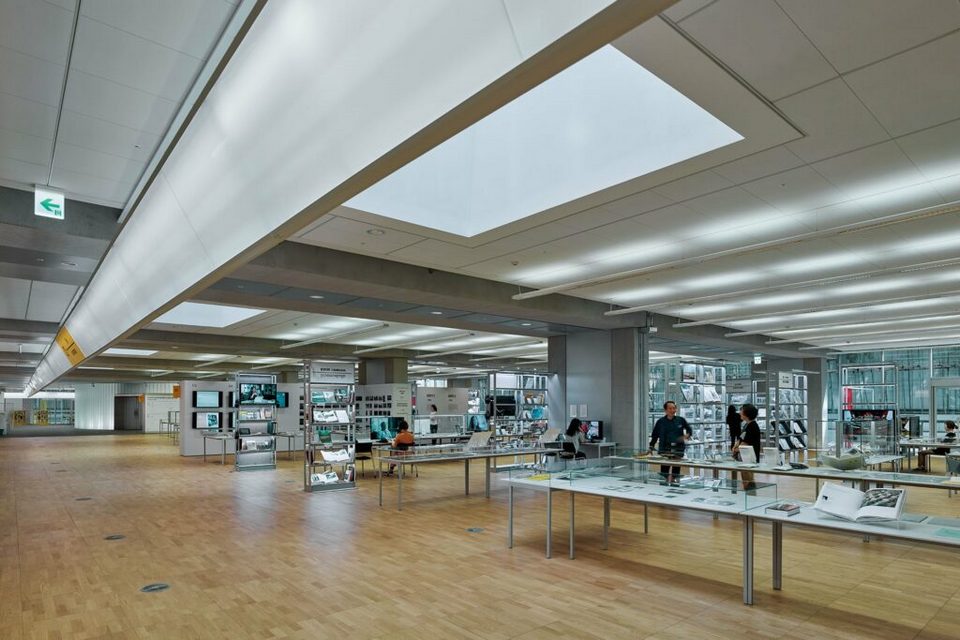
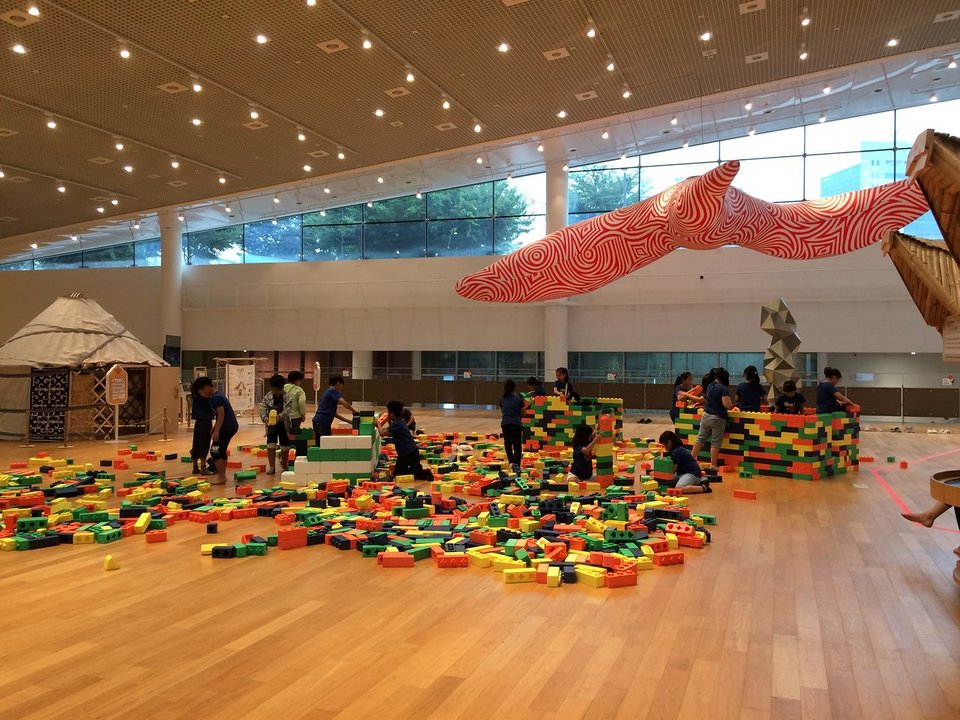
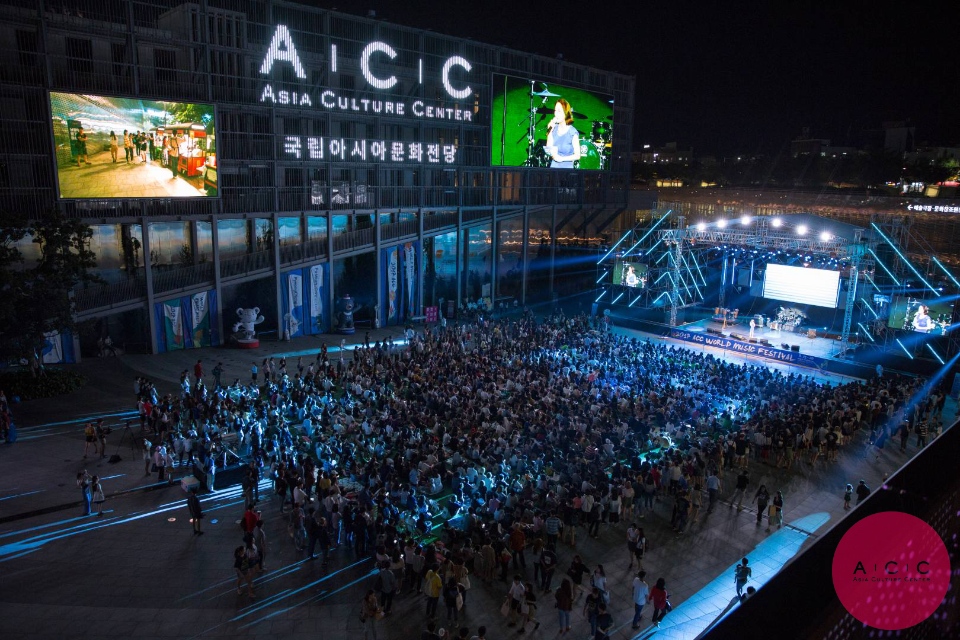
Opened in 2014 after 12 years of construction, this airy and modern cultural center hosts music and dance performances, contemporary art exhibitions, film screenings, seminars, festivals, and countless other events for the people of Gwangju. In addition, Gwangju tourist attraction is also a place for international cultural and artistic exchange, to promote local tourism and preserve the intersection of past and present cultures as well as the development of the arts.
Sajik Park Observatory (#gwangju places to visit)
Address: 49, Sajik-Gil, Nam-Gu, Gwangju, South Korea
Phone: +82 62 652 3236
Hours: Open 24 hours
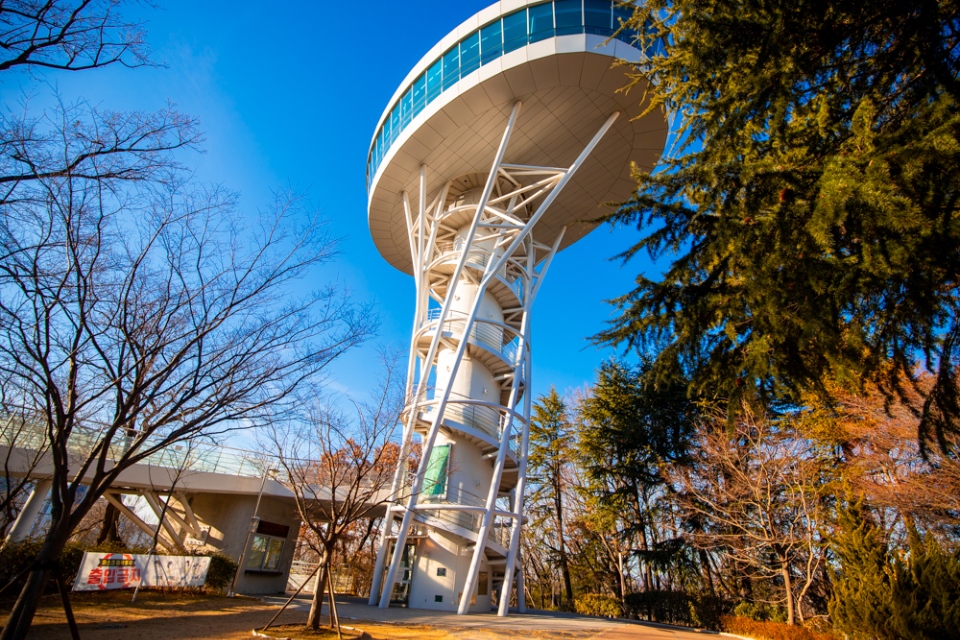
Sajik Park is located at the previous site of the Sajikdan Altar, a ritual site to pray for peace and prosperity during the Three Kingdoms Era. The southeast hill of Yangnim-dong of Gwangju, which boasts a variety of modern and contemporary architecture and dense groves of massive 100-year-old trees, is its very own museum of history, art, culture, and architecture, was an important site for shamans in the region.
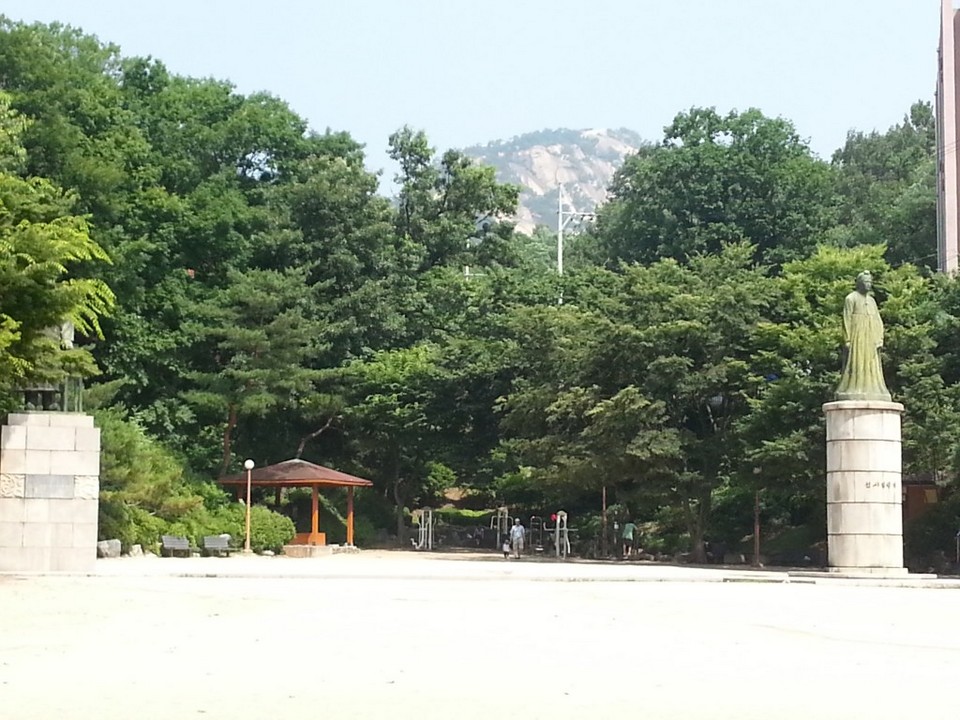
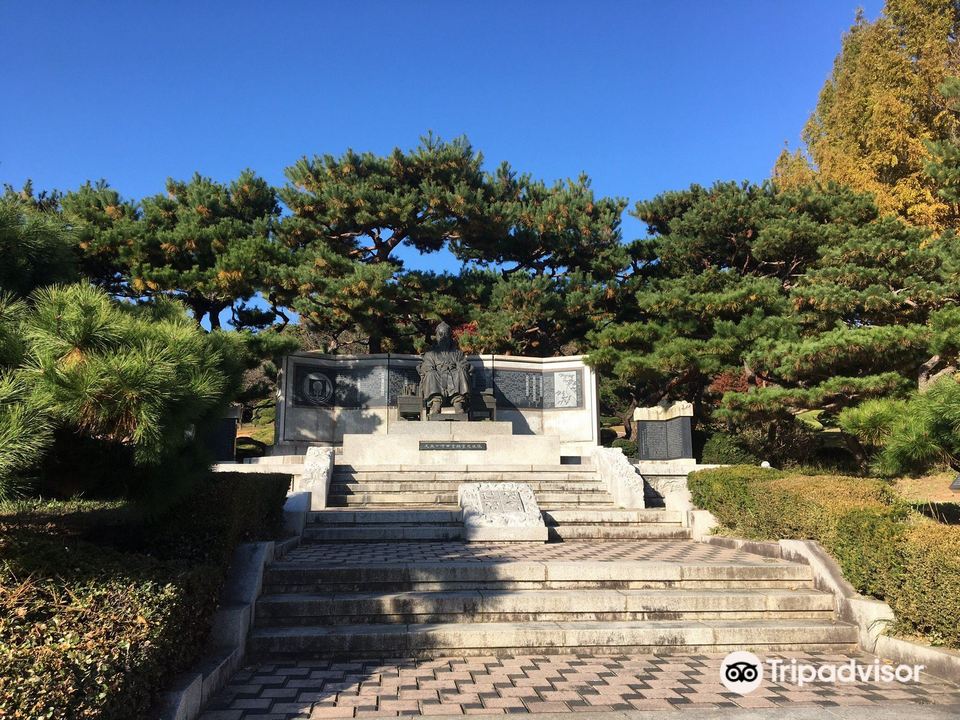
Nowadays, this land has been developed and built into a park, where you can admire the stone altars and sturdy monuments. The attractions include the Monument to the Sacrifice of Police Officers in the Yeosu-Suncheon Rebellion and the Korean War in 1948. When you come here, you must climb the hilltop observation tower to admire the panoramic view of Yangnim-Dong. You can walk or take the elevator to the outdoor platform.
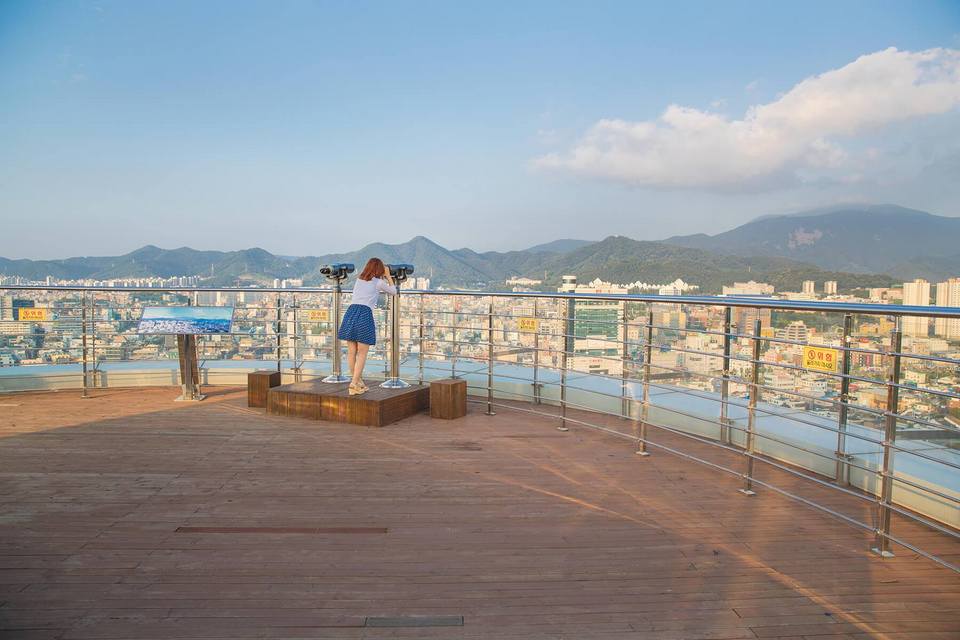
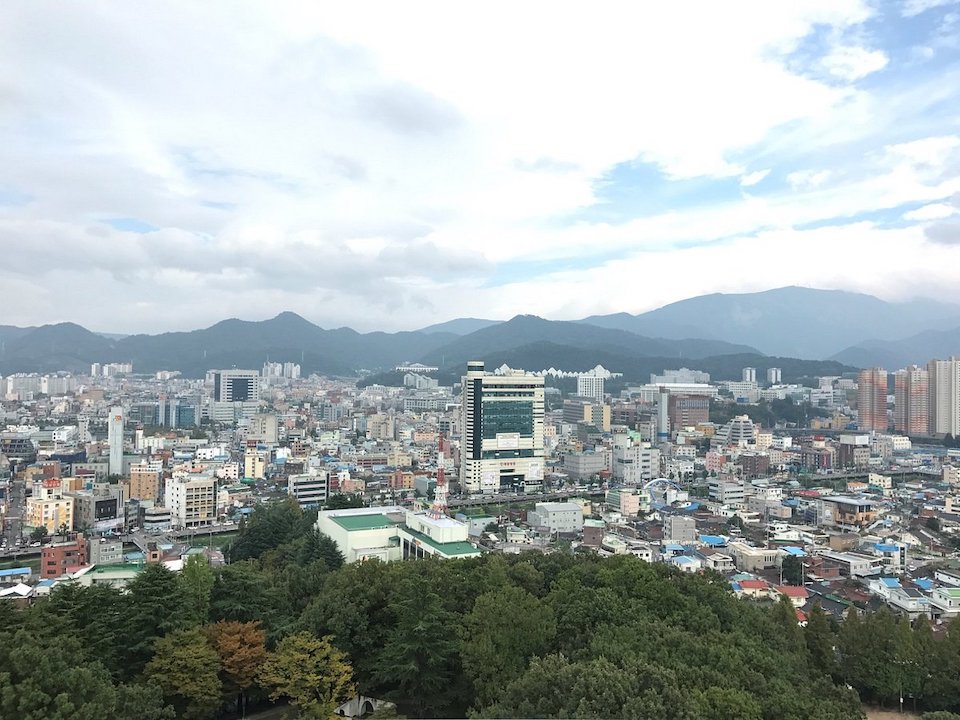
The Sajik Park landscape has various trees and flowerbeds. The park blooms pink and white with cherry blossoms annually in mid-April, just like romantic Korean movies. The park is lit at night for evening strolls under the cherry blossom trees, making it a popular springtime attraction.
Chungjang-ro Street (#gwangju places to visit)
Address: Jungjang-ro, Dong-gu, Gwangju, South Korea
Phone: +82 62 224 6051
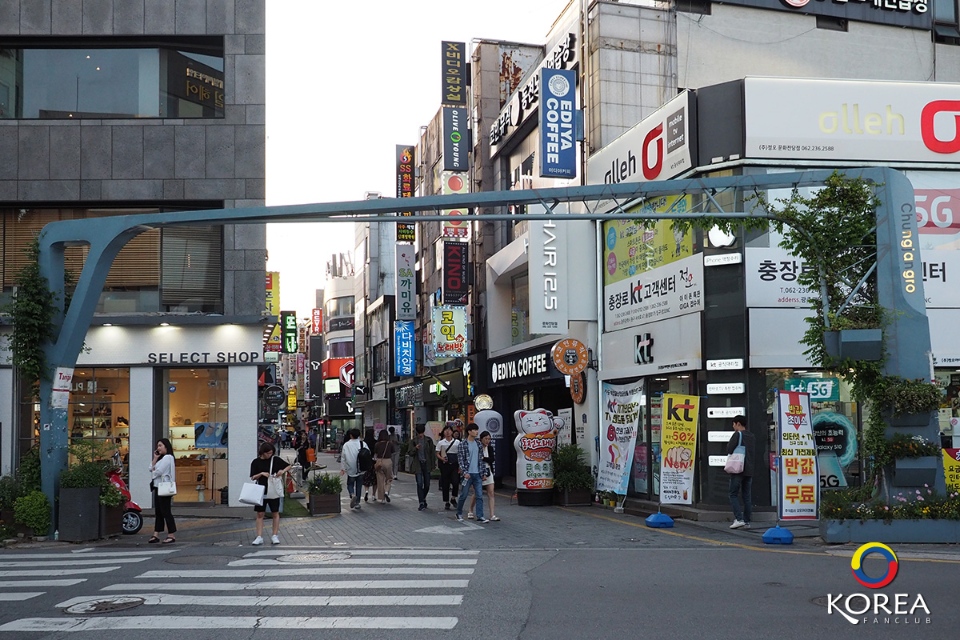
Chungjang-ro Street was the site of the 1980 Gwangju Democratization Movement. Today, it is Gwangju’s major fashion district, both trendy and traditional, as well as a venue for diverse performances. You can watch the street dances by young Koreans, visit bustling malls and clothing stores, or go to cinemas, restaurants, bars, cafes, and karaoke bars.
On weekends, this street is only for pedestrians. Especially in the first week of October every year, there will be many festivals that recreate life in the city in the 1970s and 1980s.

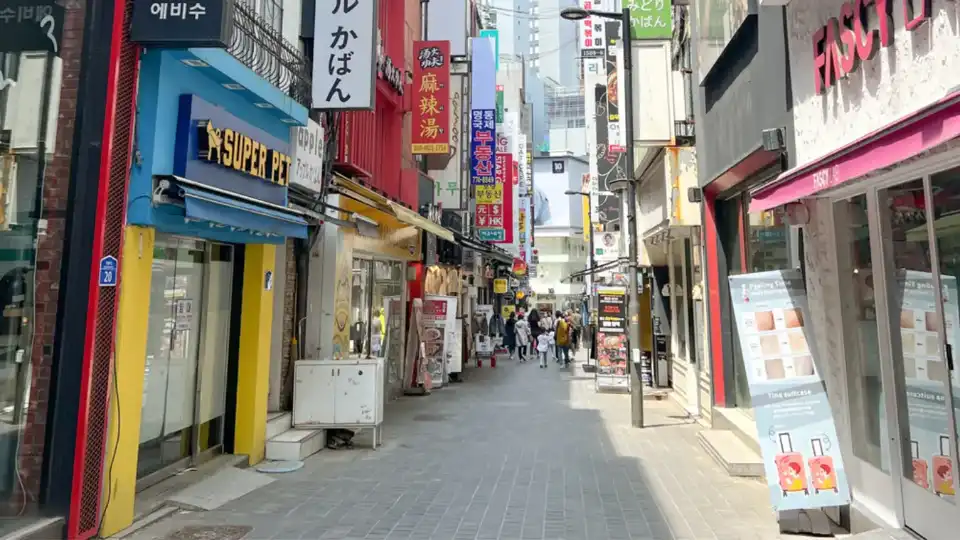
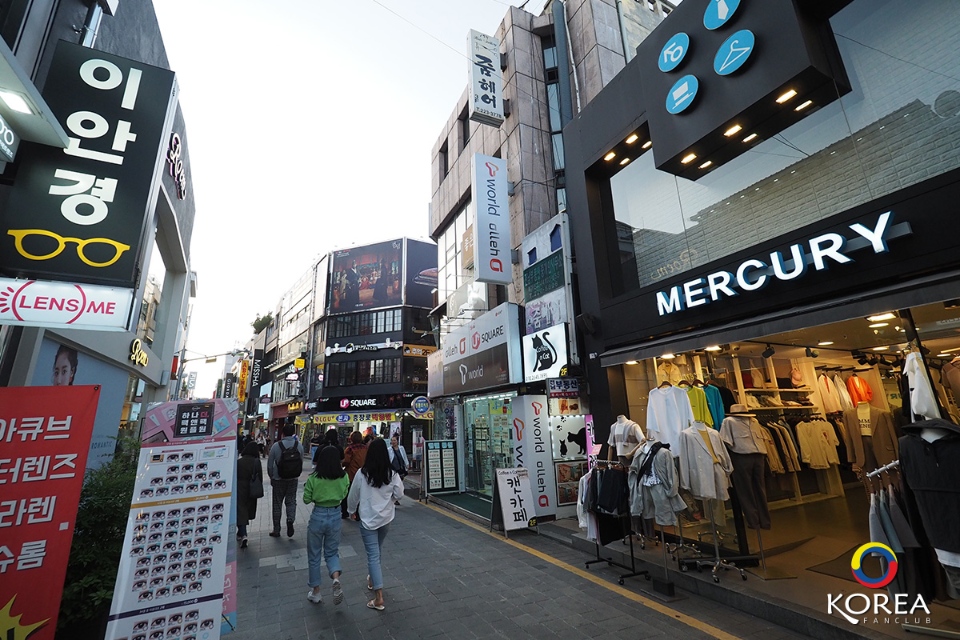
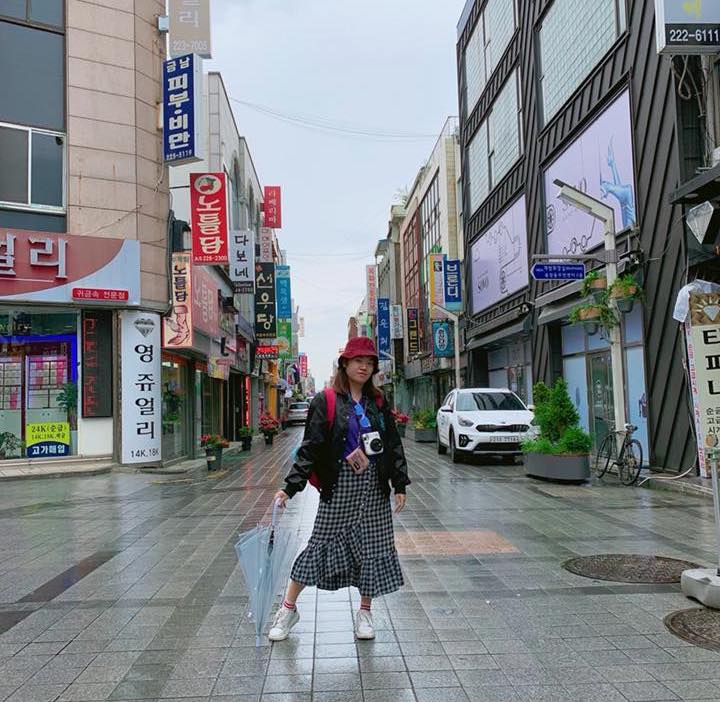
Dongmyeong-dong Café Street (#gwangju attractions)
Address: Dongmyeong-dong, Dong-gu, Gwangju, South Korea
Hours: Open 24 hours
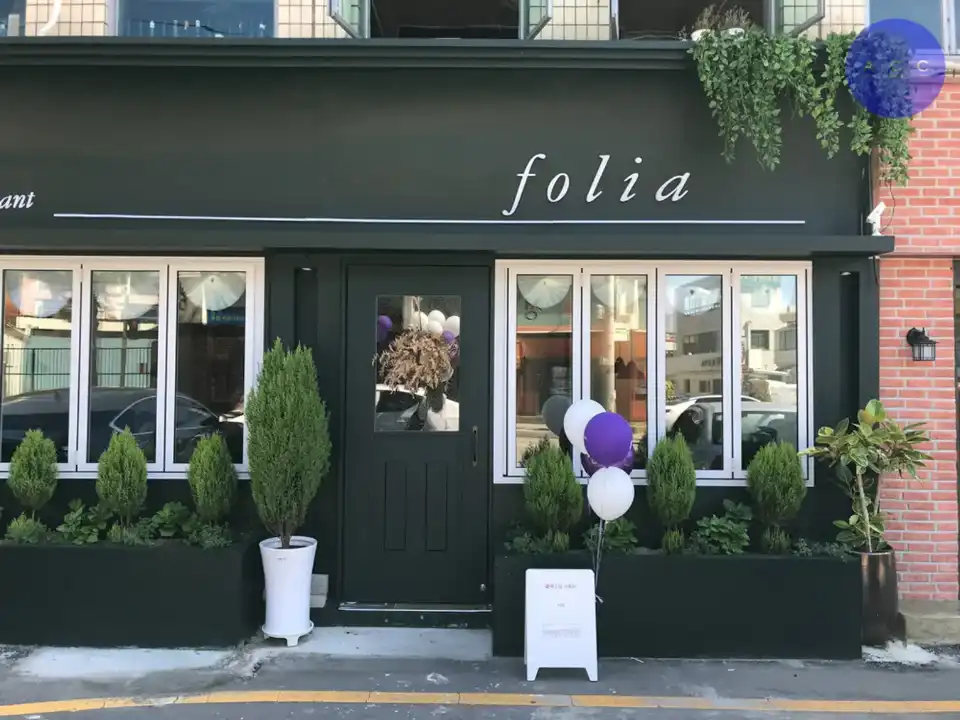
Dongmyeong-dong was originally home to the city’s well-to-do, but many moved out as the apartment became the way of life for many Koreans. For a while the area was lifeless, and later it was filled with educational institutions, followed by cafés which began to develop in this town.
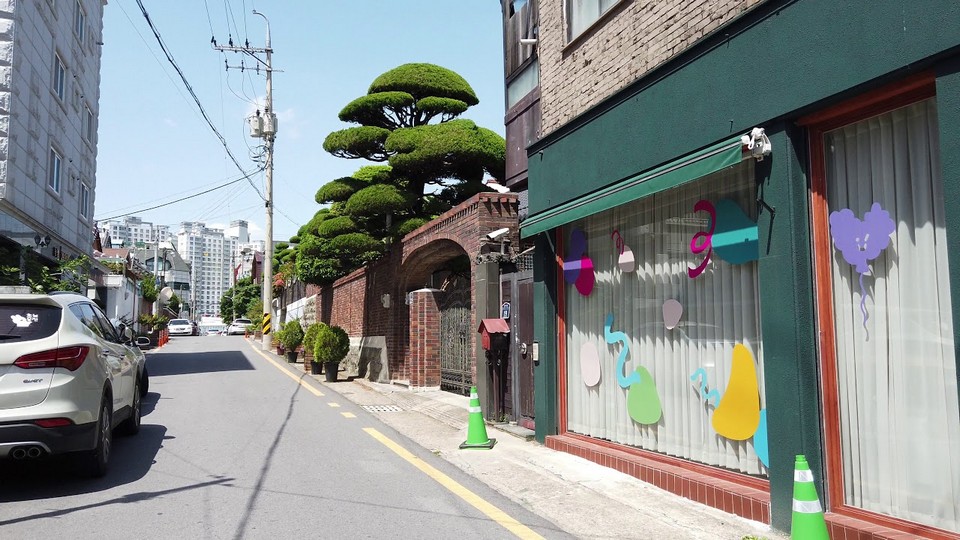
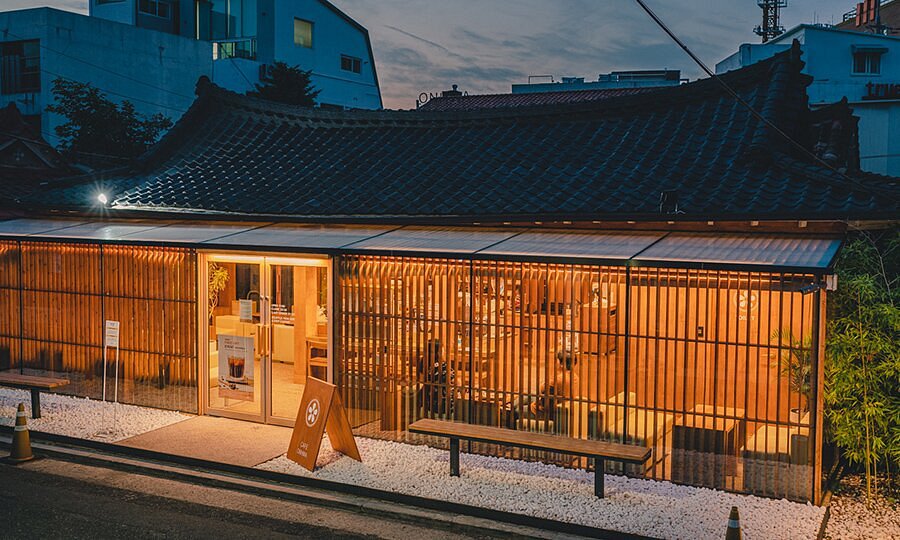
To attract more customers, cafés began to differentiate their exterior and interior designs as well as the flavors of various drinks. The opening of the Asia Culture Center in 2015 furthered the younger generation’s interest in the café industry, making the street more unique and interesting.
Gwangju Lake Eco Park (#gwangju attractions)
Address: 07 Chunghyosaem-Gil, Buk-Gu, Gwangju, South Korea
Phone: +82 62 613 7891
Hours: daily from 9:00 am to 6:00 pm
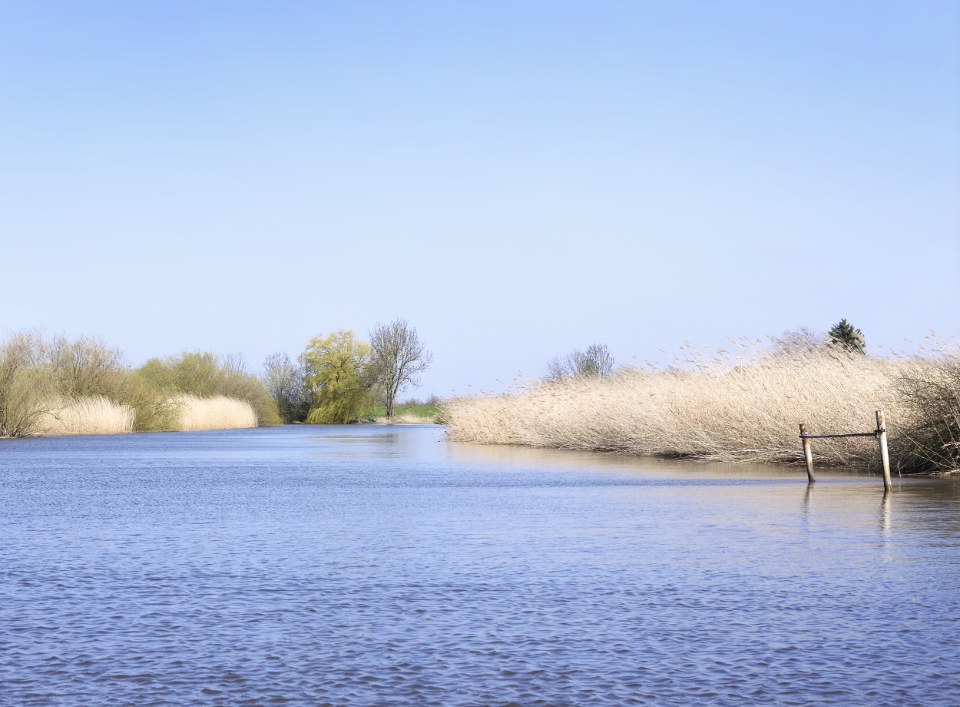
Just 30 minutes from downtown, Gwangju Lake is located on a beautiful mountain to the north of Mudeung Mountain. This attraction is on marshland, extending to the southeast shore of the lake, and features a long boardwalk over the wetlands.
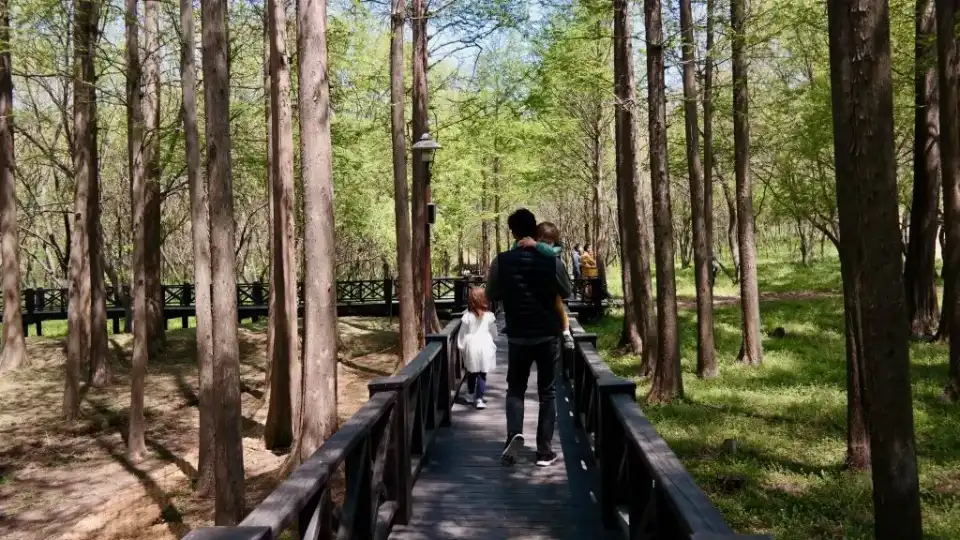
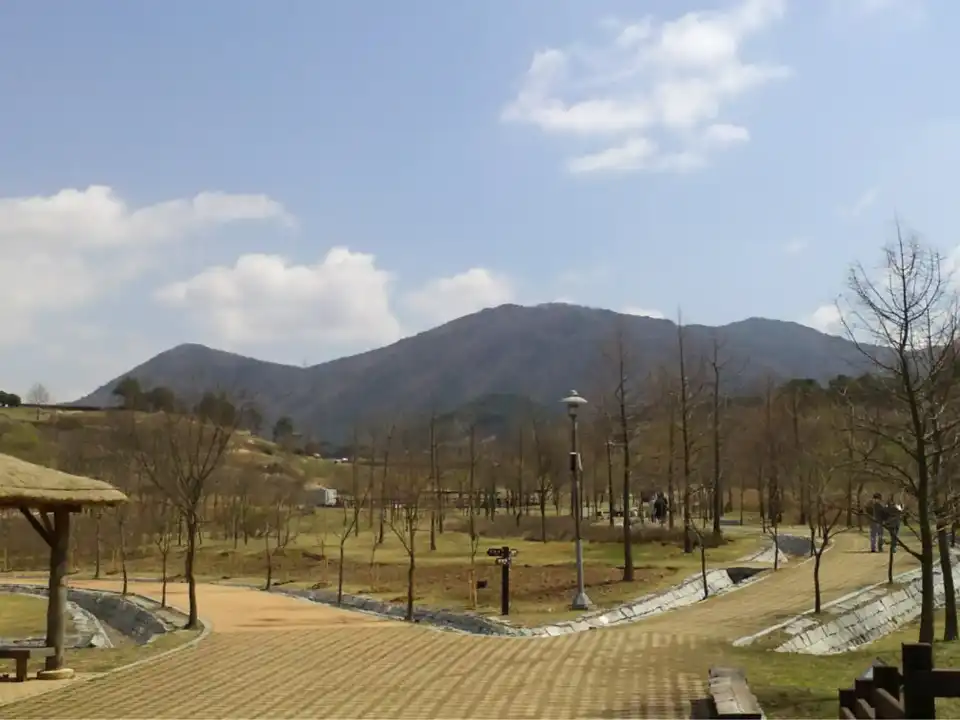
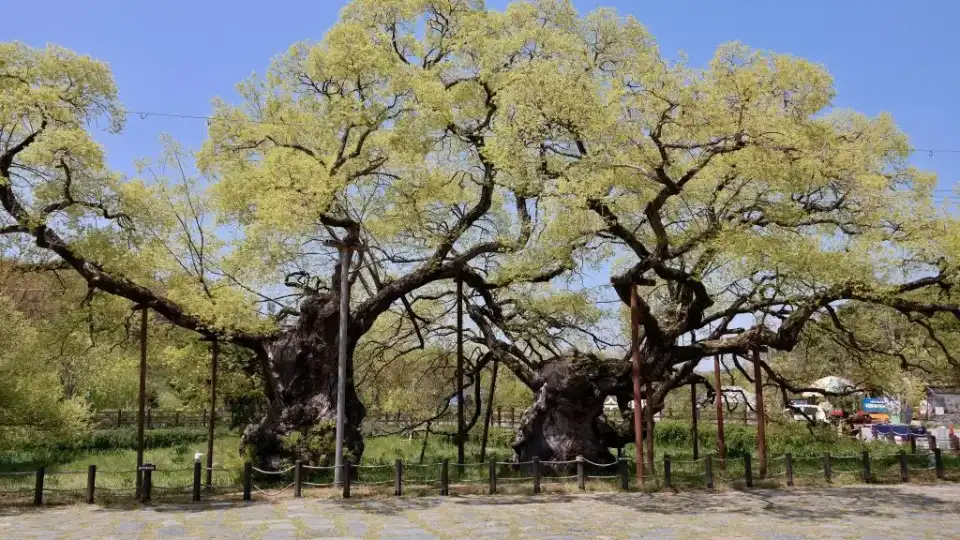
You can stroll on the trails to gaze at the 400-year-old willow tree line or go up to the observatory to learn about the habitats of birds in the area such as sparrows such as parrot beaks, Japanese tits, Chinese blackbirds, and coal warblers.
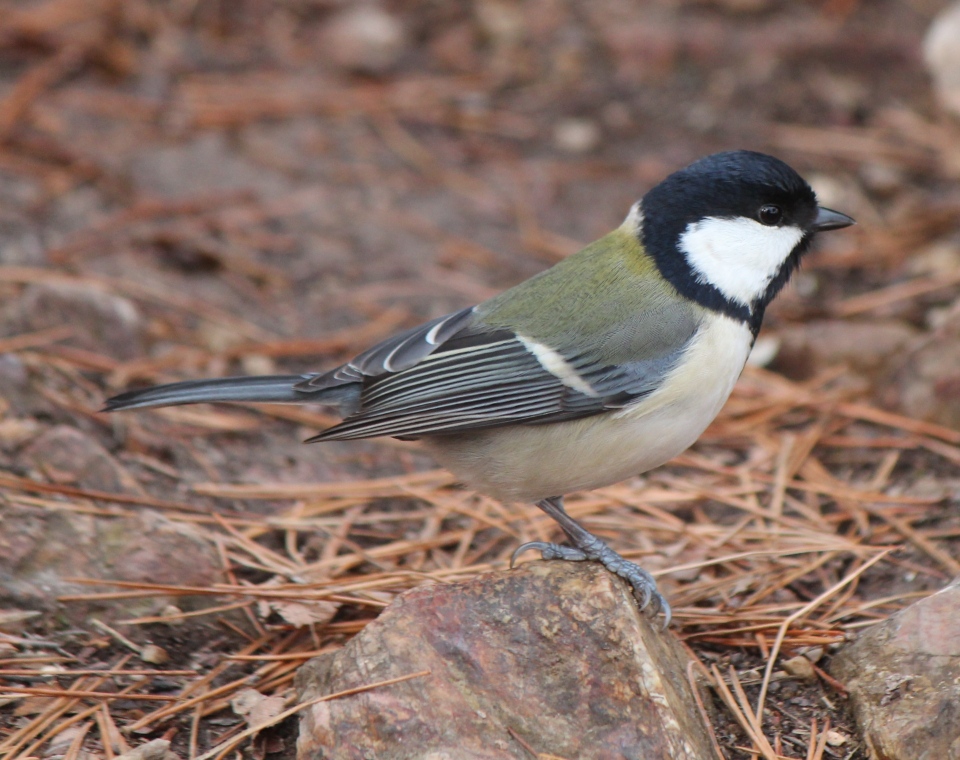
1913 Songjeong Station Market (#gwangju attractions)
Address: 38 Songjeong-Ro 16beon-Gil, Gwangsan-Gu, Gwangju, South Korea
Phone: +82 62 942 1914
Hours: daily from 11:00 am to 10:00 pm
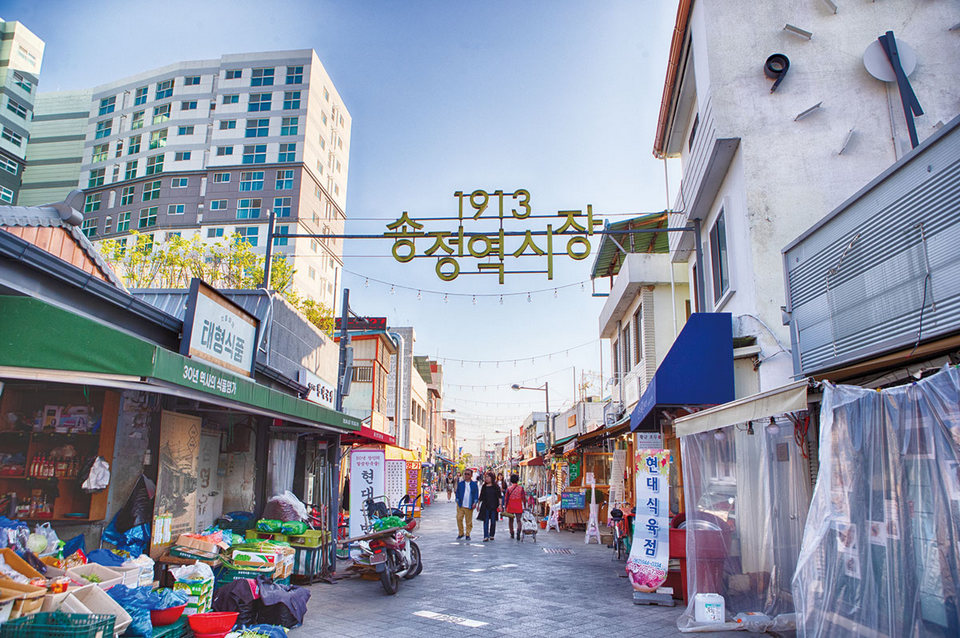
Opened in 1913, this market is a historic shopping street in connection with the opening of Gwangju-Songjeong Station. The area has gone through a rough patch in the past, in stark contrast to the lavish setting of a trendy hangout today with a bright appearance with modern-styled architecture. The buildings adjoining cafés and grocery pop-up stores along the alleys have a nostalgic look.
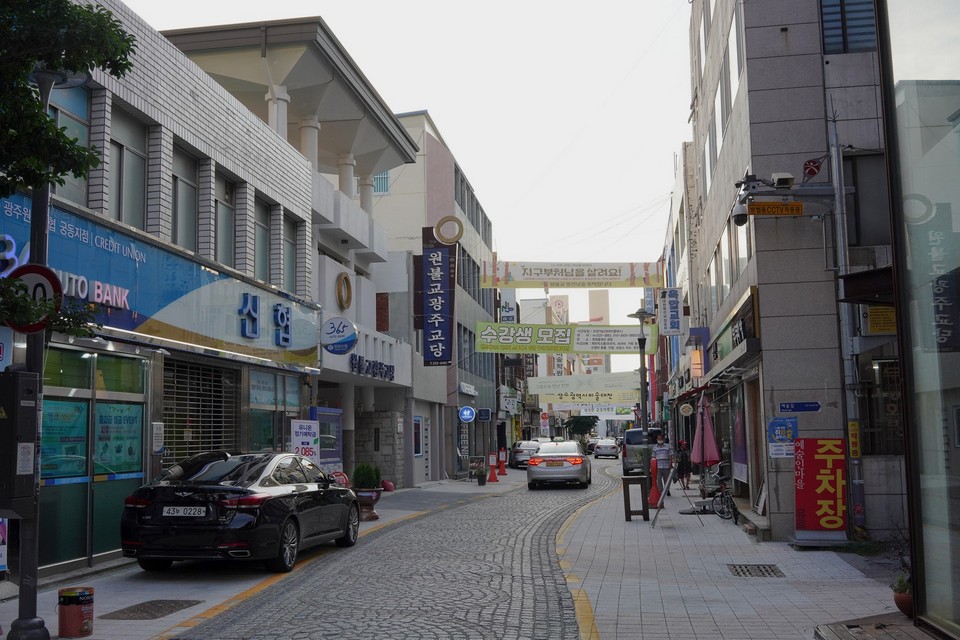
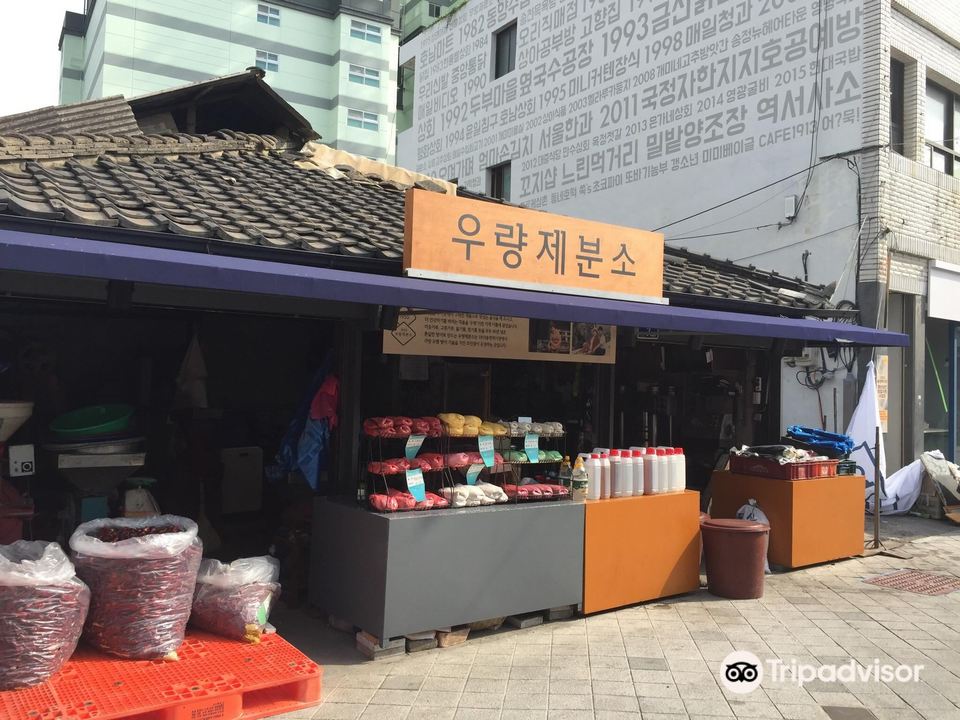

When you visit this tourist spot of Gwangju, you will see many food production facilities with a long business history. In detail, the Hankki Ramen store has been producing instant noodles for export around the world for many years, and the Roh Ji-Hyun brand specializing in snacks such as dried sweet potatoes and seaweed chips is all too familiar belonging to the Koreans.
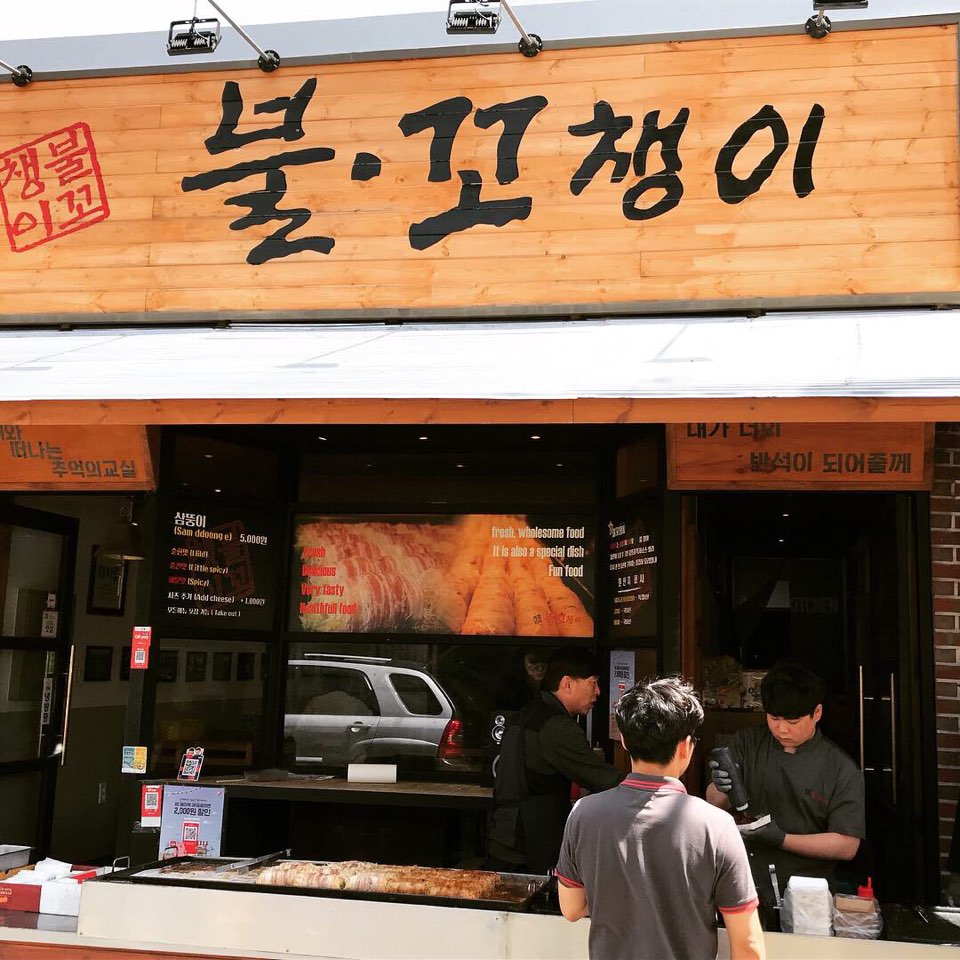
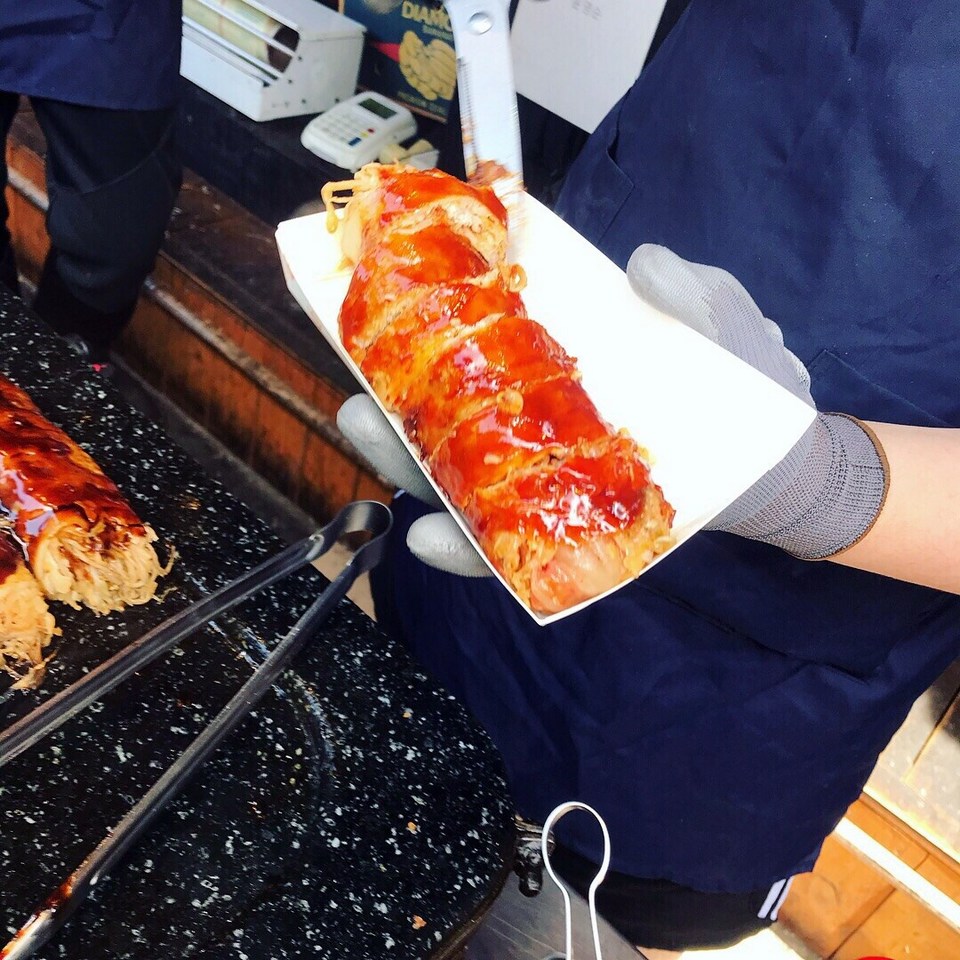
Visitors can enjoy all the classic market foods here, such as the famous Hotteok (hot griddle cakes), Gyeran bap (egg rice), and kimchi wrapped in bacon.
Soswaewon Garden
Address: 17 Soswaewon-Gil, Nam-Myeon, Damyang-gun, Jeollanam-do, South Korea
Phone: + 82 61 382 1071
Hours: daily from 9:00 am to 6:00 pm

It is a private garden from the Joseon period where Korea’s traditional beauty is preserved just a short distance from Gwangju Lake Eco Park. This is a traditional Korean garden, built in the 16th century by Yang San-Bo (1503-1577), who was a disciple of Jo Gwang Jo (1482-1520), a Neo-Confucian scholar. This garden presents itself as a clean and transparent garden where the righteous enjoy the life of Anbinnakdo (being comfortable amid poverty and taking pleasure in an honest lifestyle) surrounded by a bamboo grove.
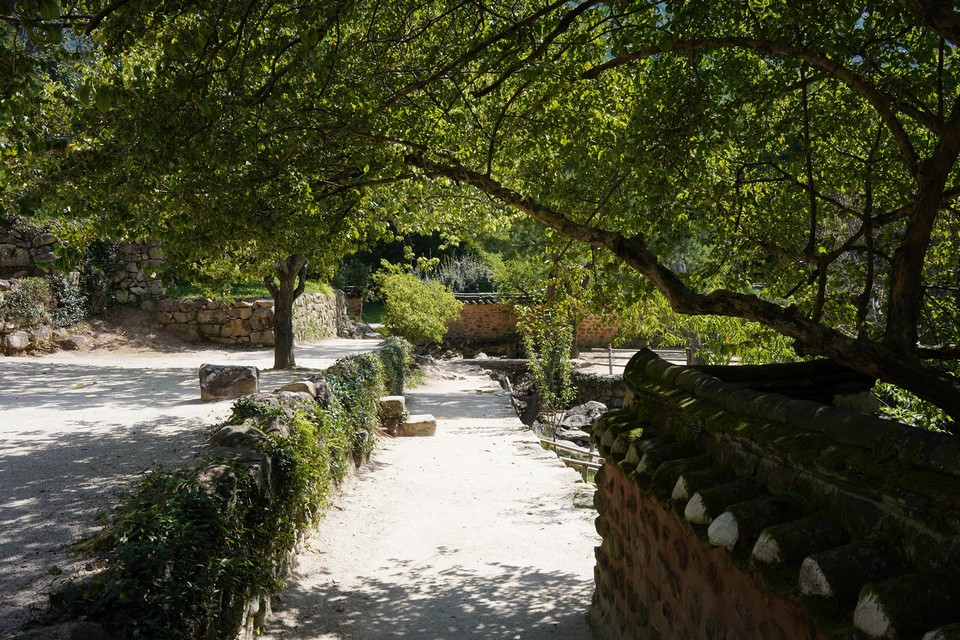
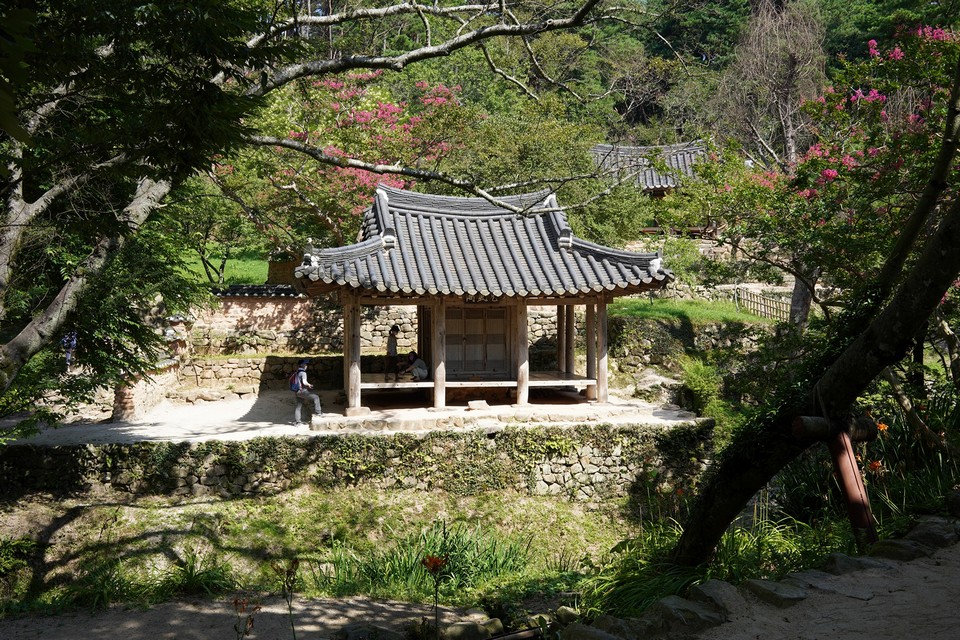
The garden is peaceful and is surrounded by mud and stone wall. Peach trees, various kinds of trees, and grass are planted on both sides of the stream while clear water flows down the foot of the garden walls. The log bridge above the valley adds to the charm of the scenery. The harmony between nature and the artificial waterfall as well as two beautiful pavilions are remarkable sights. Passing through the thick bamboo forest, you will find the small valley and Soswaewon Garden on your left.
Gwangju Biennale
Founded in 1995 in memory of the spirit of the civil uprising of the 1980 repression of the Gwangju Democratization Movement, the Gwangju Biennale in South Korea is Asia’s oldest biennial of contemporary art.

Regular exhibitions take place in the Biennale gallery at Jungoe Park. A new theme with a unique artistic perspective is for each event. It is home to some of the best-preserved cultural relics in the nation, and is known locally as the “City of Art, Cuisine, and Culture.”
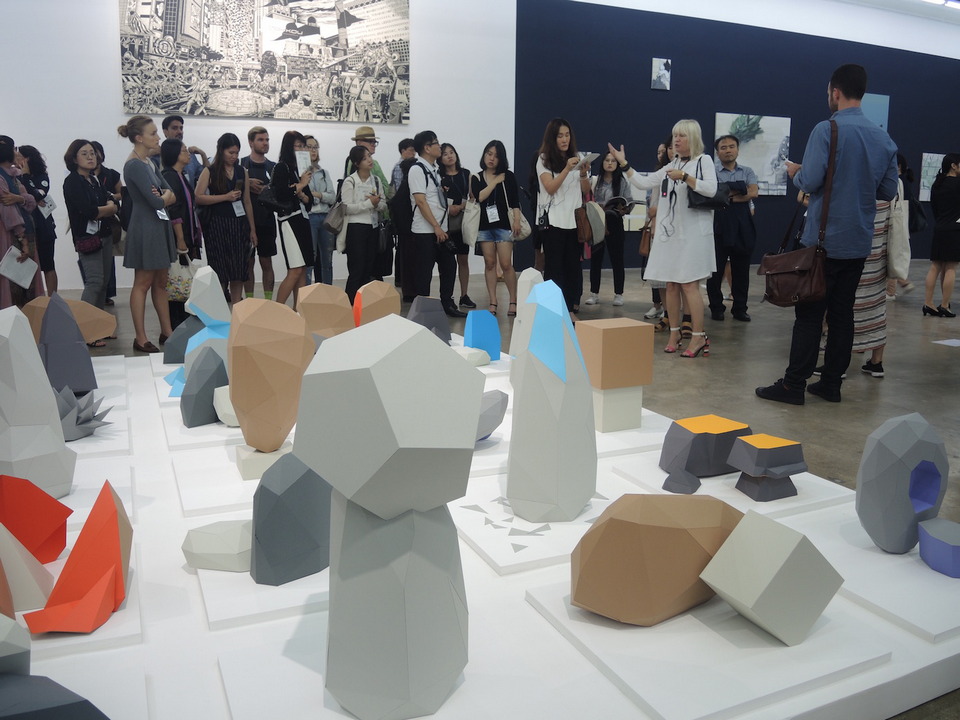
Every year, many famous artists’ artworks are displayed at this tourist attraction in Gwangju. The 2023 Gwangju Biennale will revolve around the theme of “Soft and Weak Like Water”, scheduled to be held from April 7 to July 9.
Gwangju Family Land
Address: 677 Uchi-ro, Buk-gu, Gwangju, South Korea
Phone: + 82 62 607 8000
Hours: daily from 9:30 am to 6:00 pm
Being an amusement park in the Buk-Gu district, north of Gwangju city, which offers entertainment games designed for couples, families, and children.
With an area of 290 hectares, the park has various attractive games, and even thrilling rides, including a Ferris wheel, merry-go-round, Viking ship, swimming pools, an ice rink, and slides or visits to the zoo.
Gwangju National Museum
Address: 110 Haseo-ro, Buk-Gu, Gwangju, South Korea
Phone: + 82 62 570 7000
Hours: daily from 10:00 am to 6:00 pm
The Gwangju National Museum looks like a traditional palace and is located at the top of a grand staircase—the galleries here house artifacts from all parts of South Jeolla Province (also known as Jeonnam).
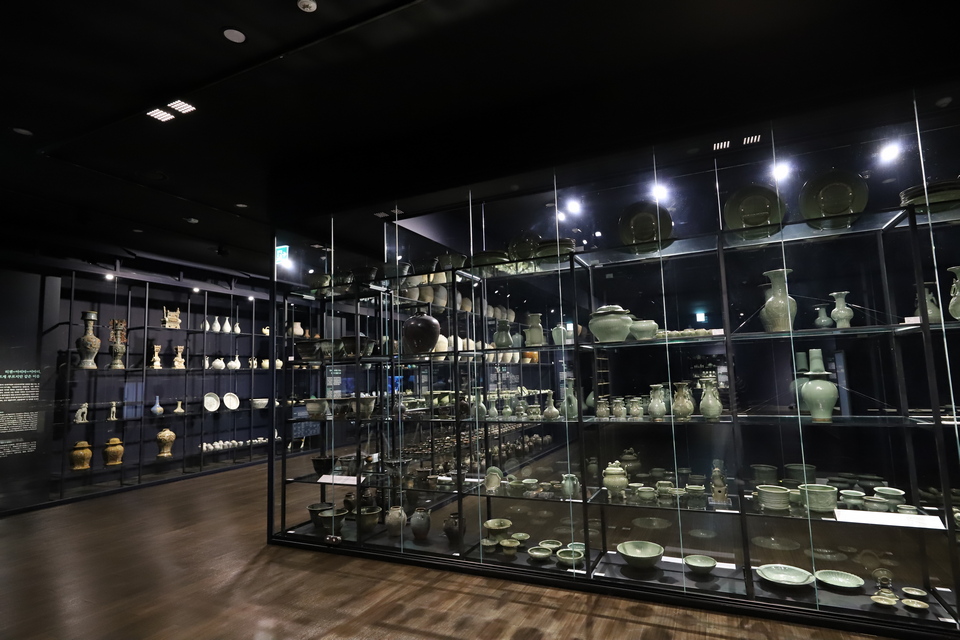
You can discover prehistoric artifacts going back 66,000 years and items from the Paleolithic Era, Neolithic Era, and Bronze Ages at the Prehistoric Hall. The Gwangju tourist attraction also has its own space for Buddhist art, calligraphy, painting, and Celadon ceramics.
The Shinan Ocean Floor Relic Hall is a unique exhibit hall with items on display from a trade ship submerged for 600 years in the Shinan Sea. It displays artifacts found from the wreck of a 14th-century Chinese Yuan Dynasty ship, yielding pottery, metalwork, musical instruments, games, cooking, and agarwood items.
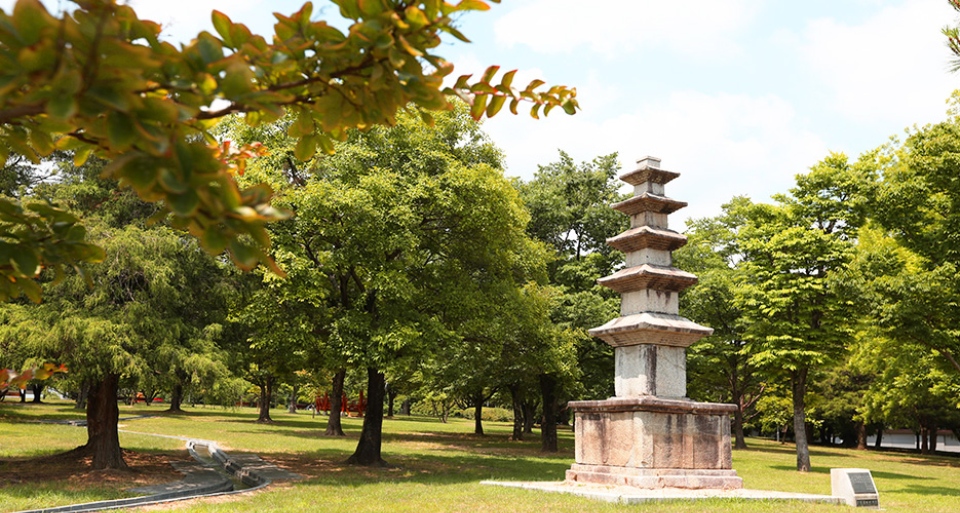
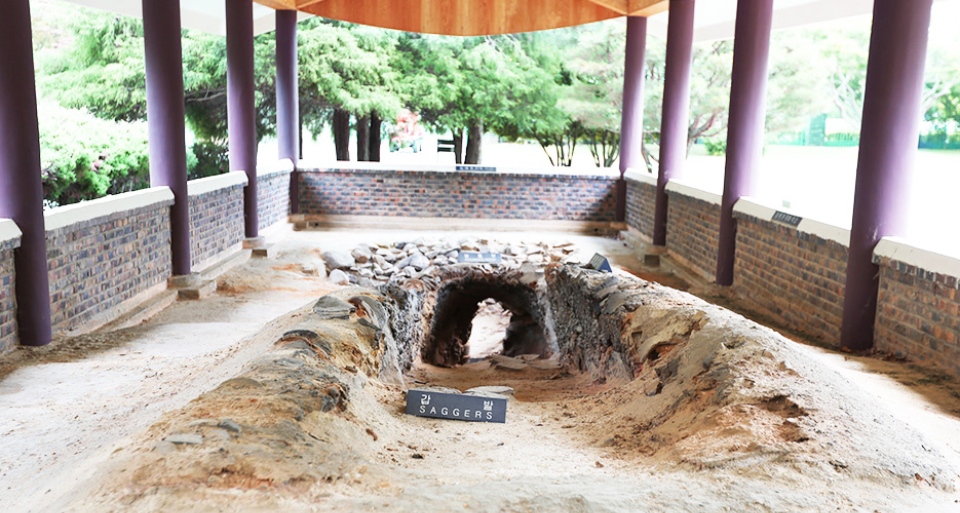
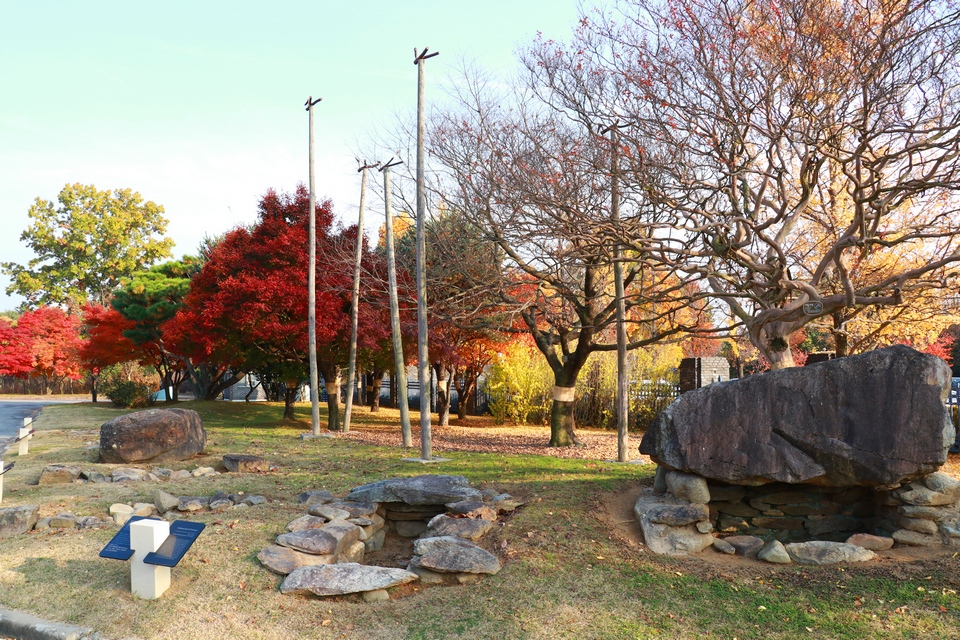
You also visit dolmen park, which has 05 relics from prehistoric times. There is also a Celadon kiln brought here from Gwangju in South Jeolla Province and a five-story stone pagoda excavated during rice cultivation in Jangun-dong in 1982.
Boseong Green Tea Field
Address: 763-65 Nokcha-Ro, Boseong-Eup, Boseong-gun, Jeollanam-do, South Korea
Phone: + 82 62 852 2593
Hours: daily from 9:00 am to 6:00 pm
Although this tea field is located outside Gwangju city, it is worth that day trip here. You will be welcomed by the lush green, curvy, beautifully lined rows of tea fields tucked between the mountains and cedar trees was an overwhelmingly magnificent sight. Not only do your eyes have sensory overload, but the scent of green tea was in the air.
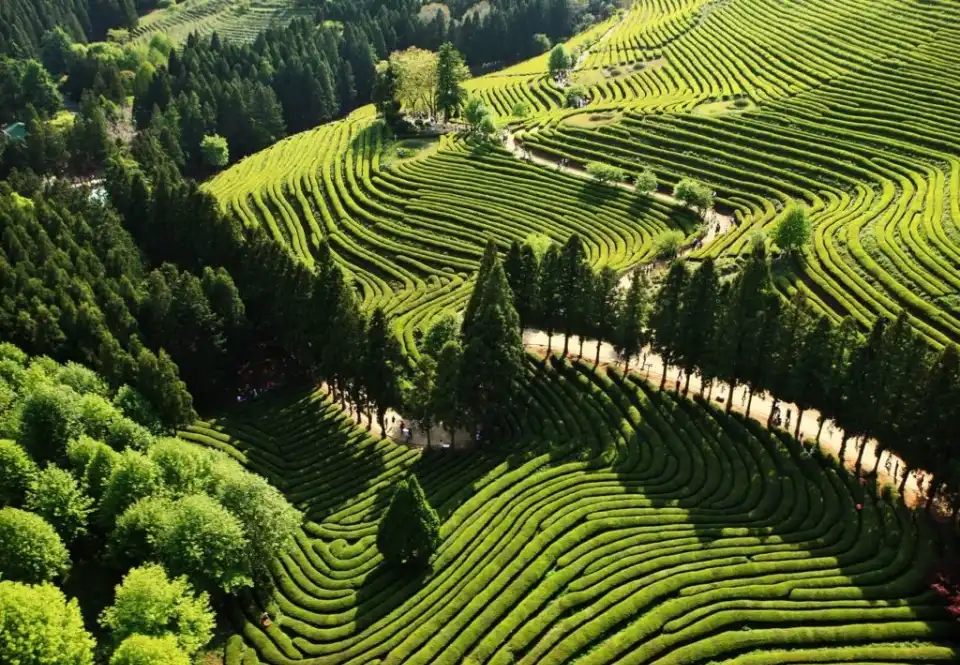
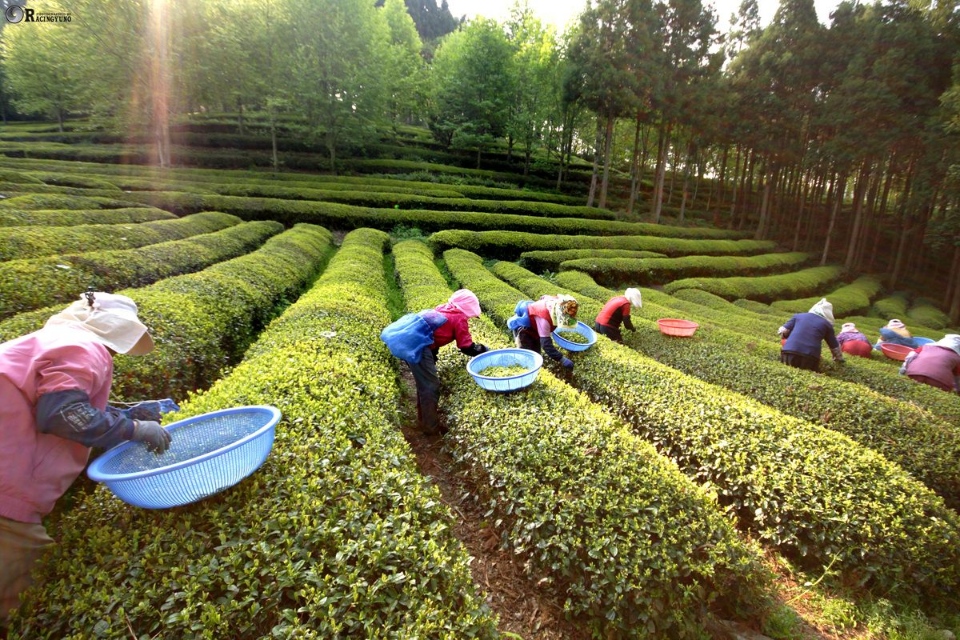
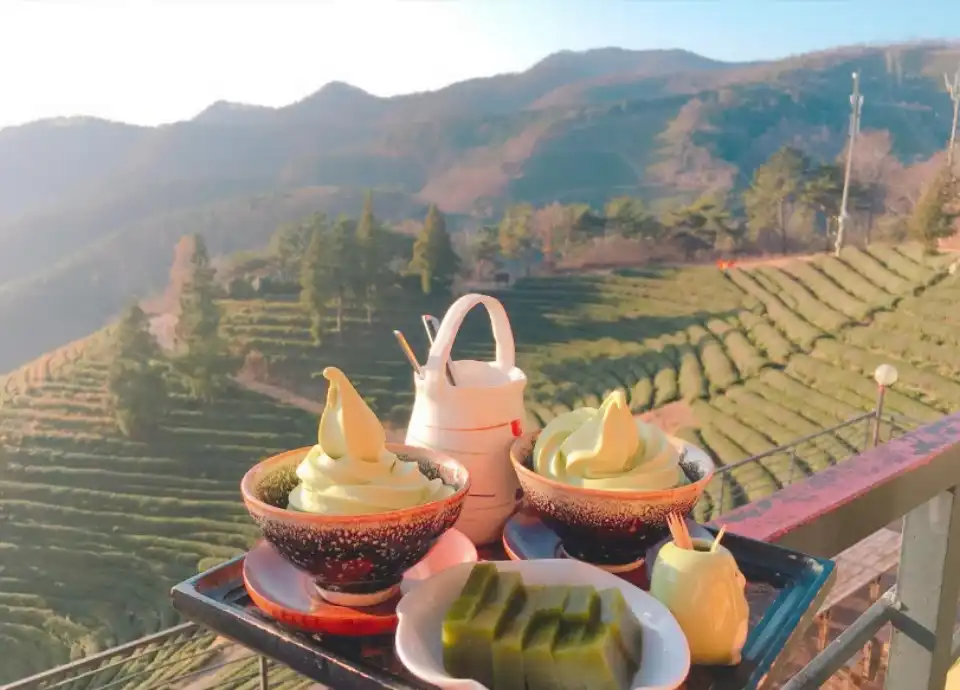
Besides the beautiful landscape, you will also learn how fresh tea leaves are harvested, processed, and sampled. Enjoy freshly prepared tea while taking in the breathtaking views of the plantations. Alternatively, if you are still up for more relaxation, take a bus ride to the nearby Yulpo Beach and enjoy the beautiful coastline.
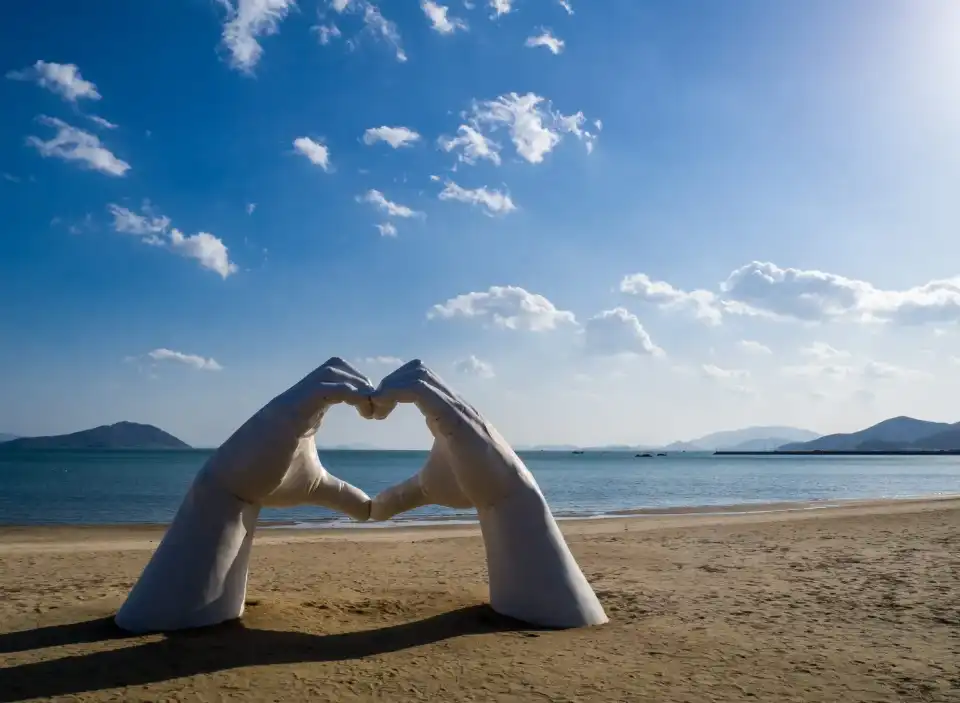
Above are the top 12 most attractive Gwangju tourist attractions for your itinerary to help you plan out your interesting visit.
Some best day tours, trips, activities and transfer services, tickets in and from Seoul you can refer to
- Private Incheon International Airport Transfers (ICN) for Seoul
- Private Incheon Airport Transfers (ICN) for Seoul
- Incheon International Airport (ICN) Limousine Bus Transfers for Seoul (Gangnam District)
- Klook Exclusive Seoul 5 Day Pass
- Discover Seoul Pass (BTS Edition Available)
- [SALE] Instant Ticket! Korea Rail Pass (KR PASS) 2/3/4/5 Days to travel around the cities in Korea
- Private Incheon Airport (ICN) and Gimpo Airport (GMP) Transfers for Seoul by S.A Tour
- Everland Private Car Charter with Admission Ticket by Wondertrip
- KAL Limousine Bus Ticket for Seoul
- [Limited Offer] AREX Incheon Airport Express Train One Way Ticket in Seoul
- Bukchon Oneday Hanbok Rental Experience (4/24 Hrs)
- Nami Island, Petite France, Garden of Morning Calm, and Gangchon Rail Bike Day Tour from Seoul
- Seoul City Sightseeing Bus (Downtown Palace Namsan Course/Seoul Panorama Course)
- [Limited Offer] Incheon International Airport (ICN) Luggage Services (Between Airport and Hotel) by Safex
- 4G Prepaid SIM Card (SK Airports Pick Up) for South Korea
- [Sale] Hanbok Experience (Hanboknam Gyeongbokgung Store) with Korean Hairstyling
- [SALE] South Korea 4G Pocket WiFi (KR Airports Pick Up) from KT Olleh
- 4G WiFi (MY Airport Pick Up) for South Korea (Unlimited Data)
- 4G Portable WiFi for South Korea from Uroaming (Unlimited Data)
Read more Gwangju guide here. Are you finding more top things to do in Seoul: Tours, activities, attractions and other things? Let’s check it out here.


